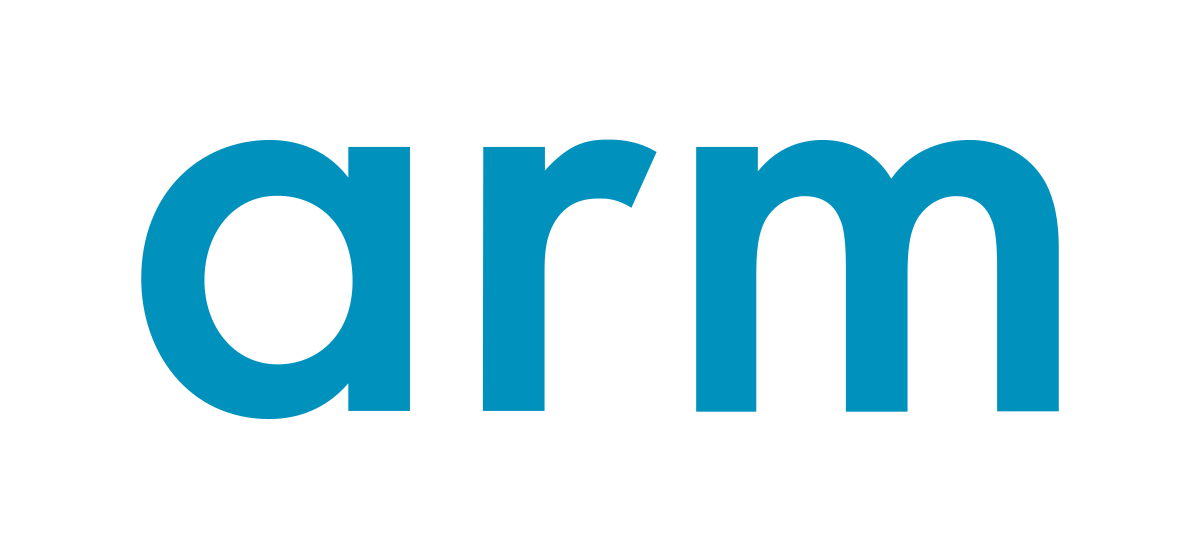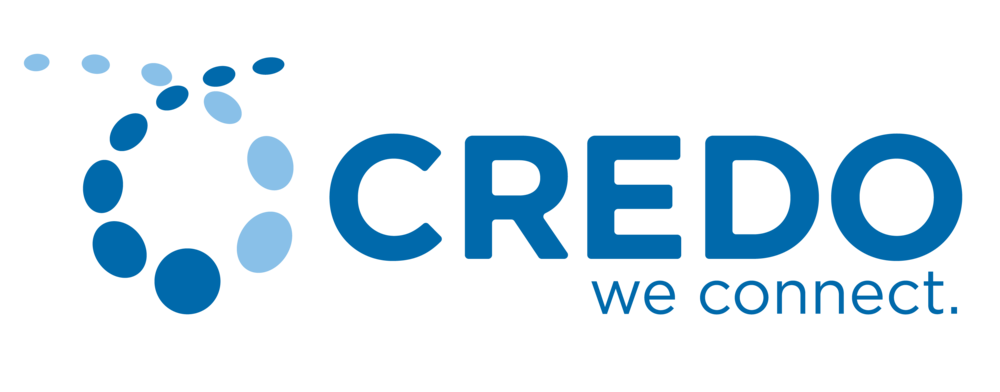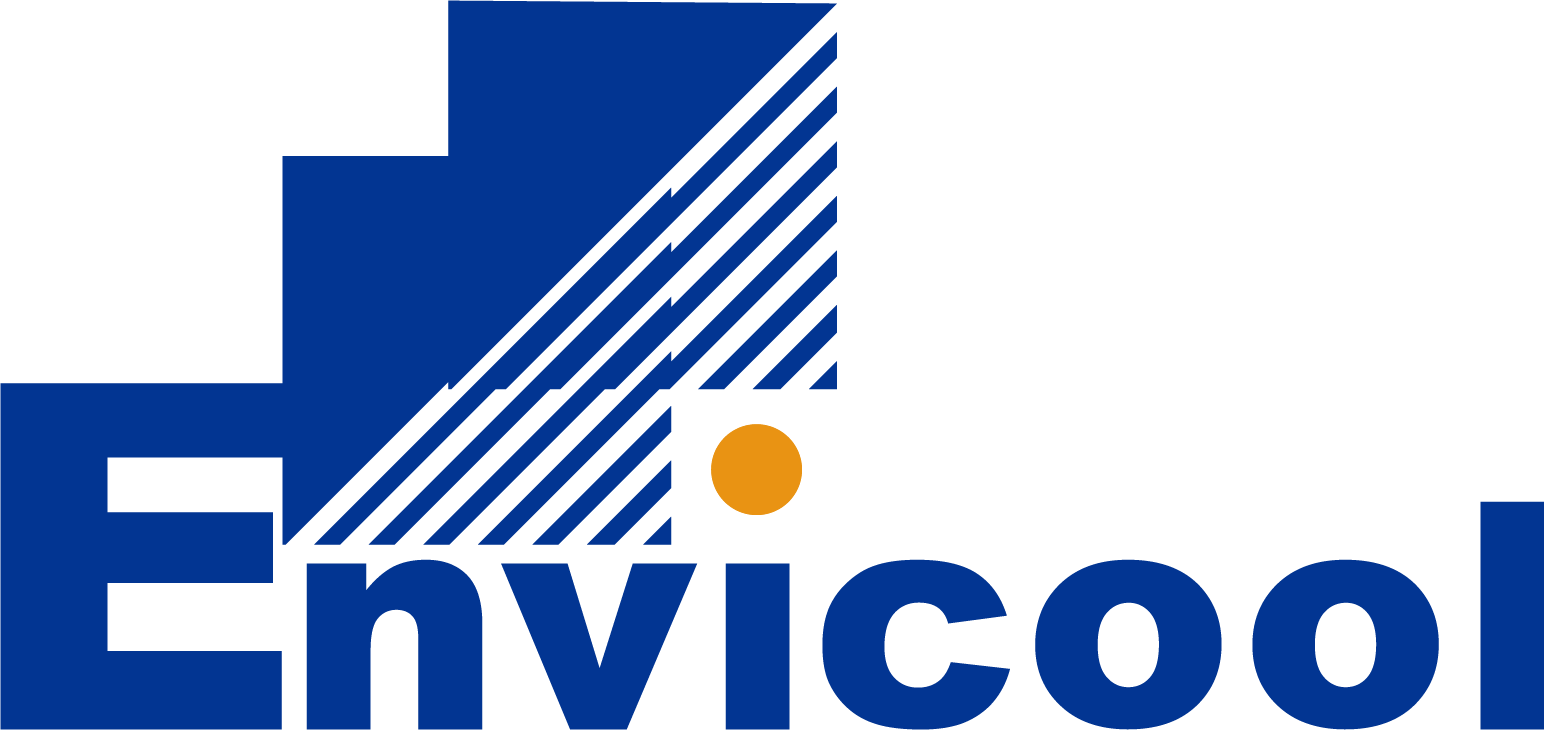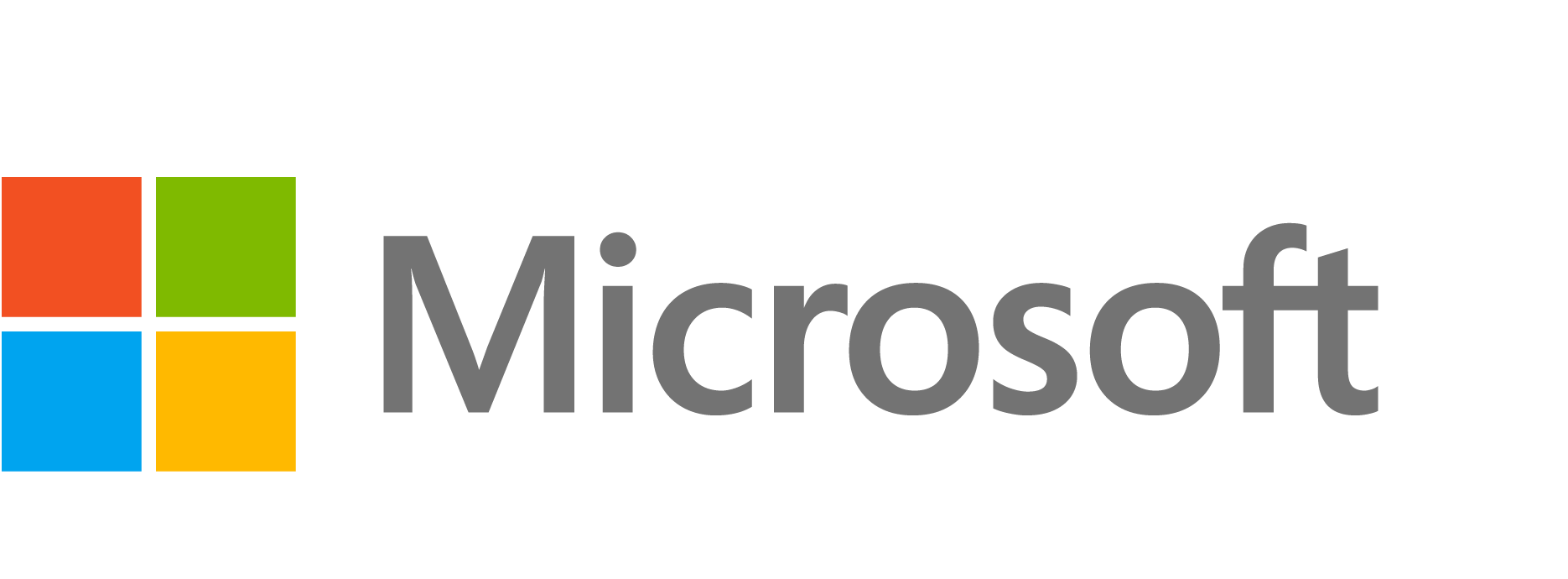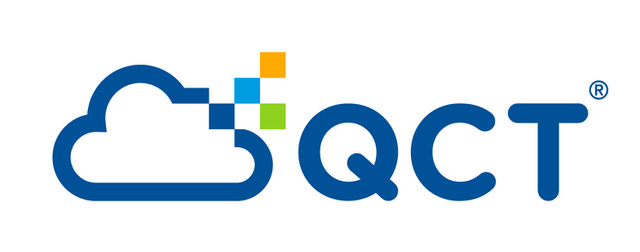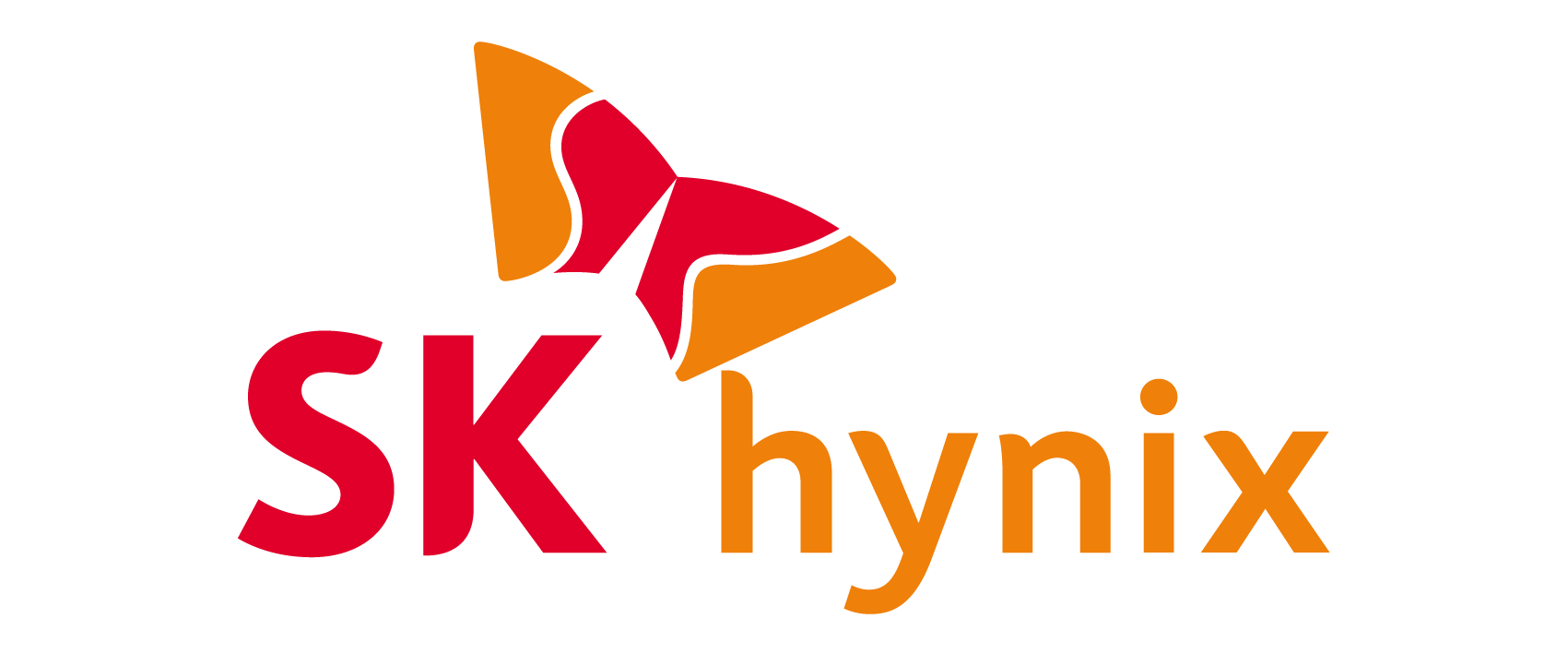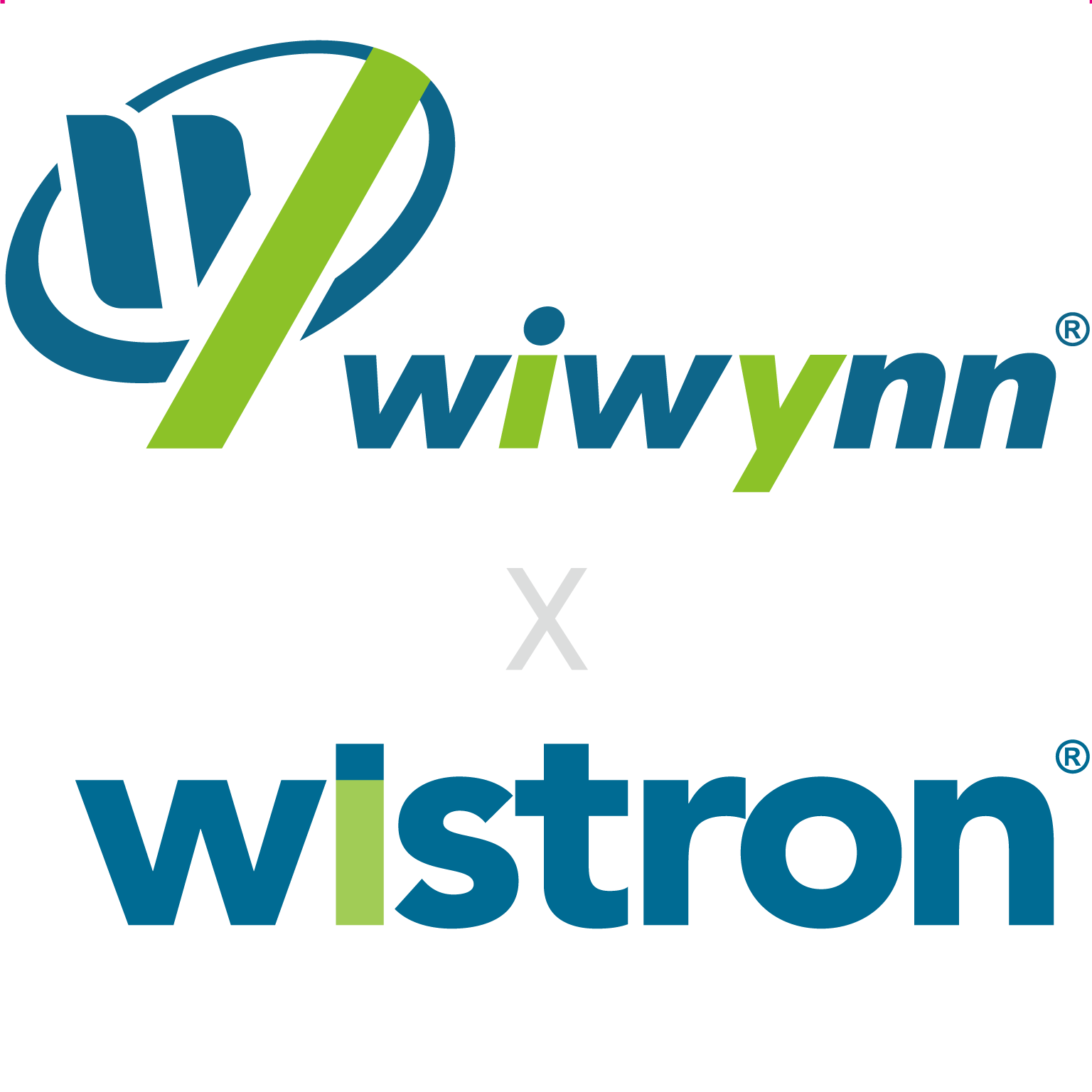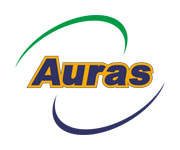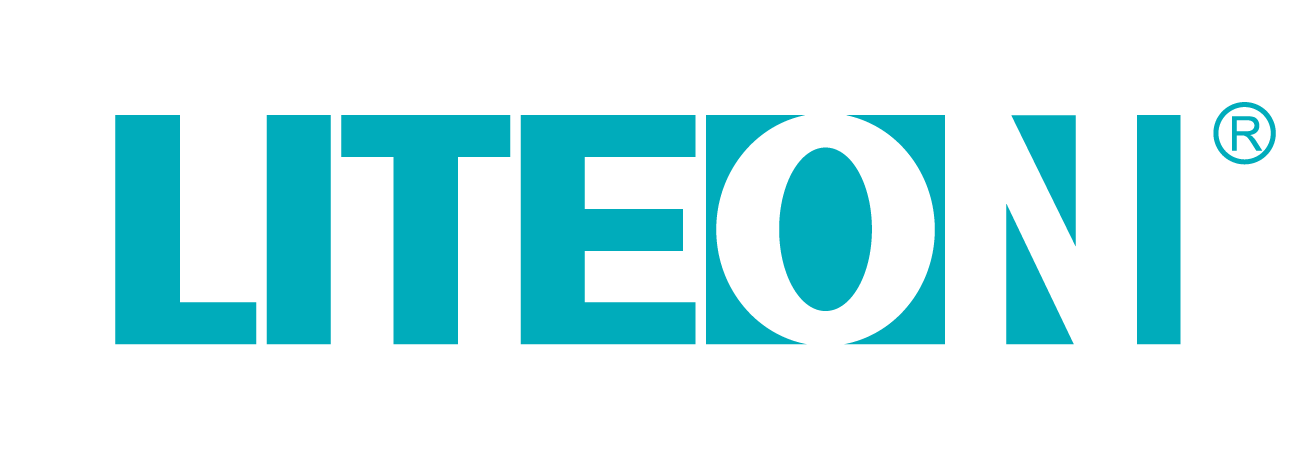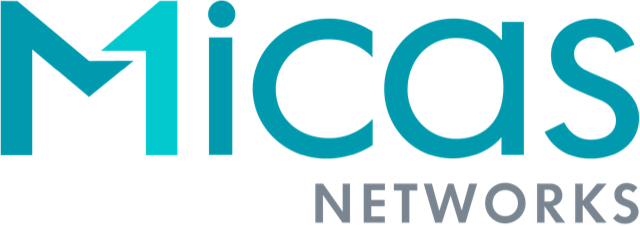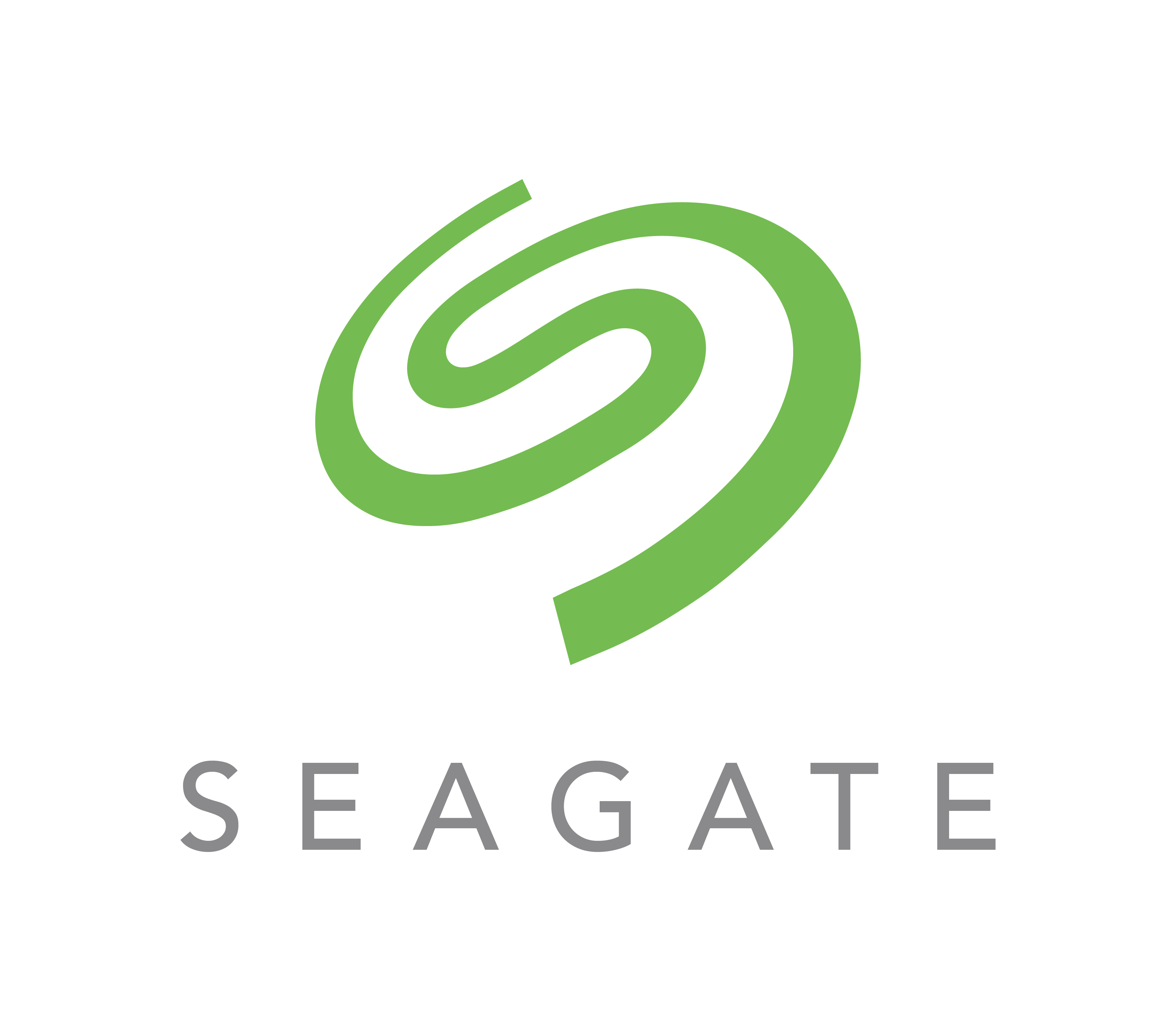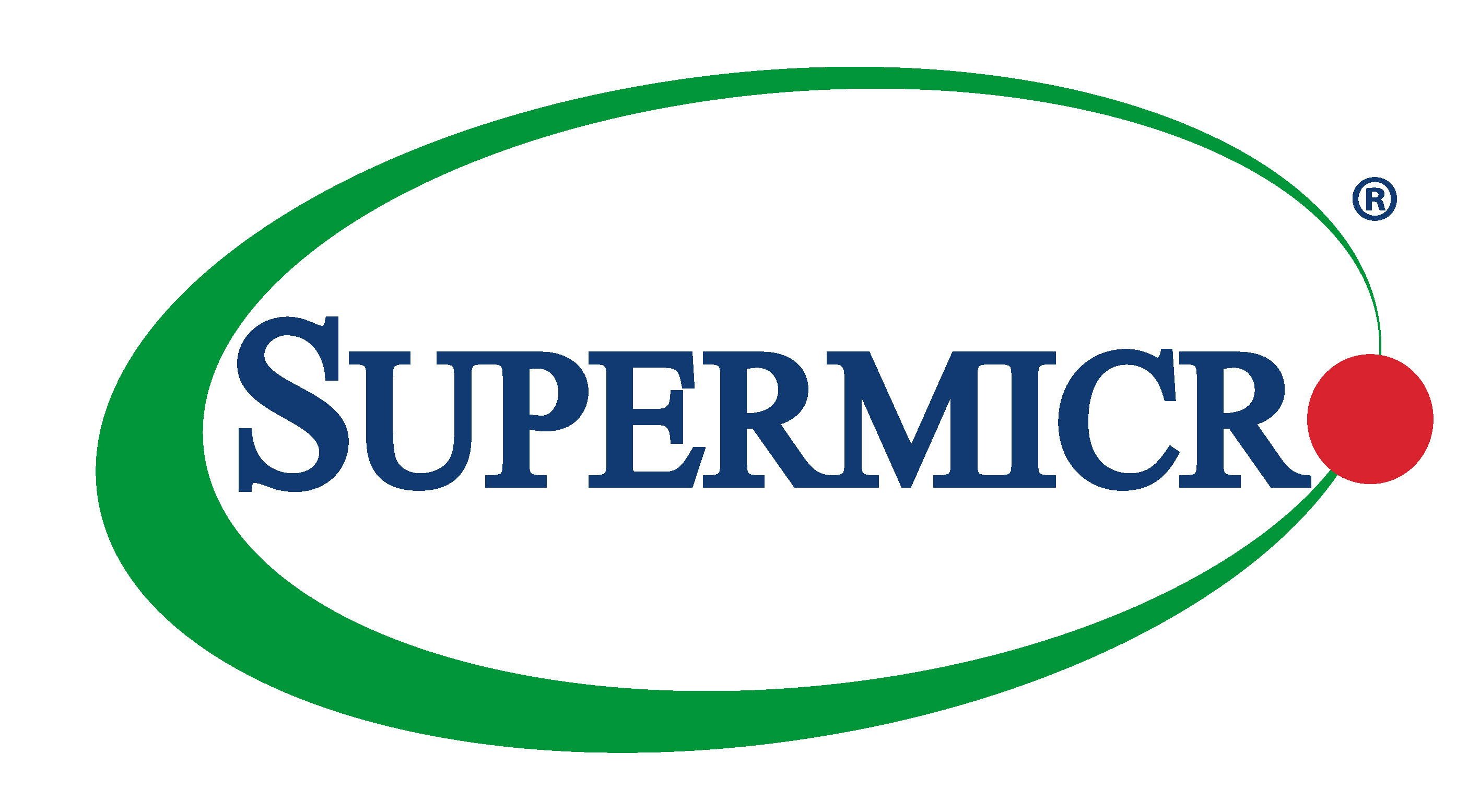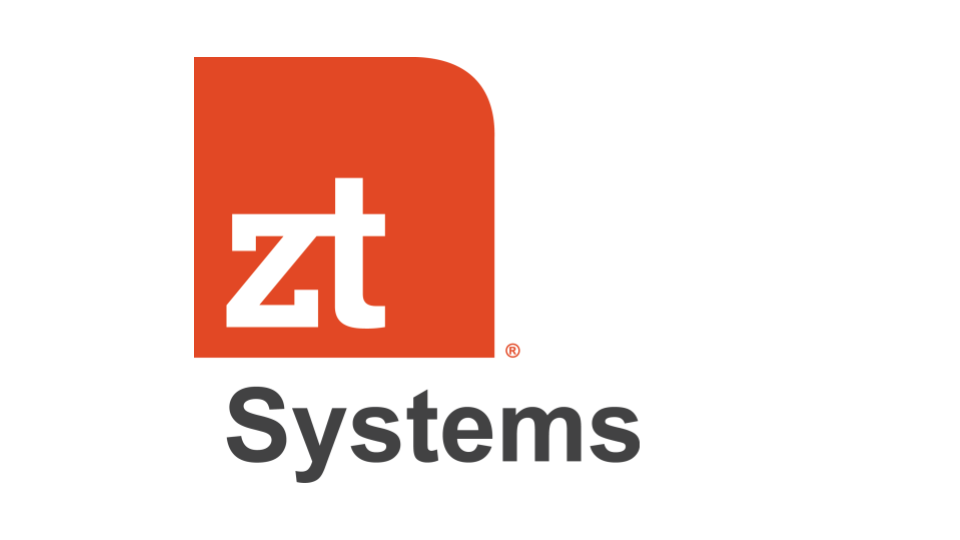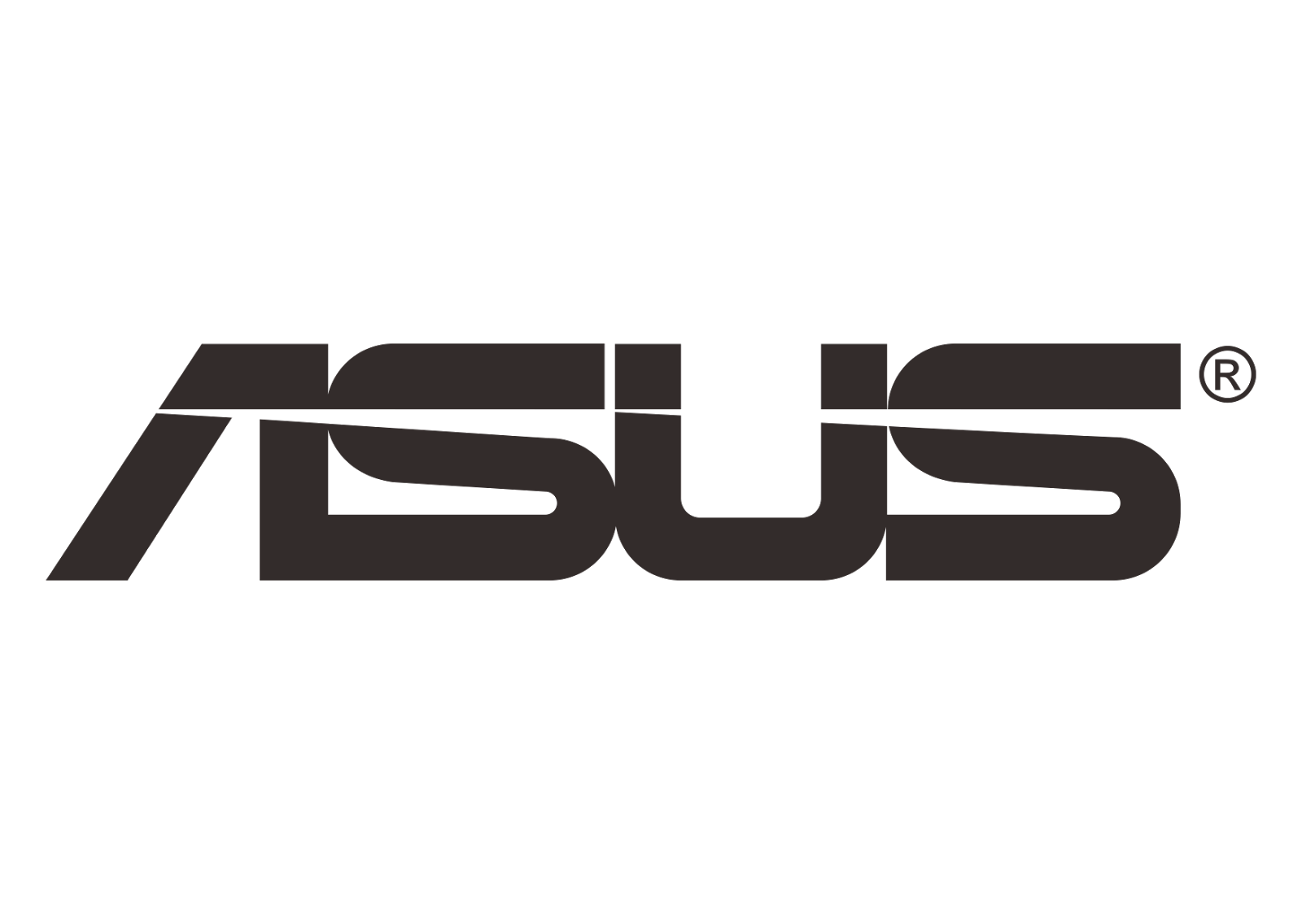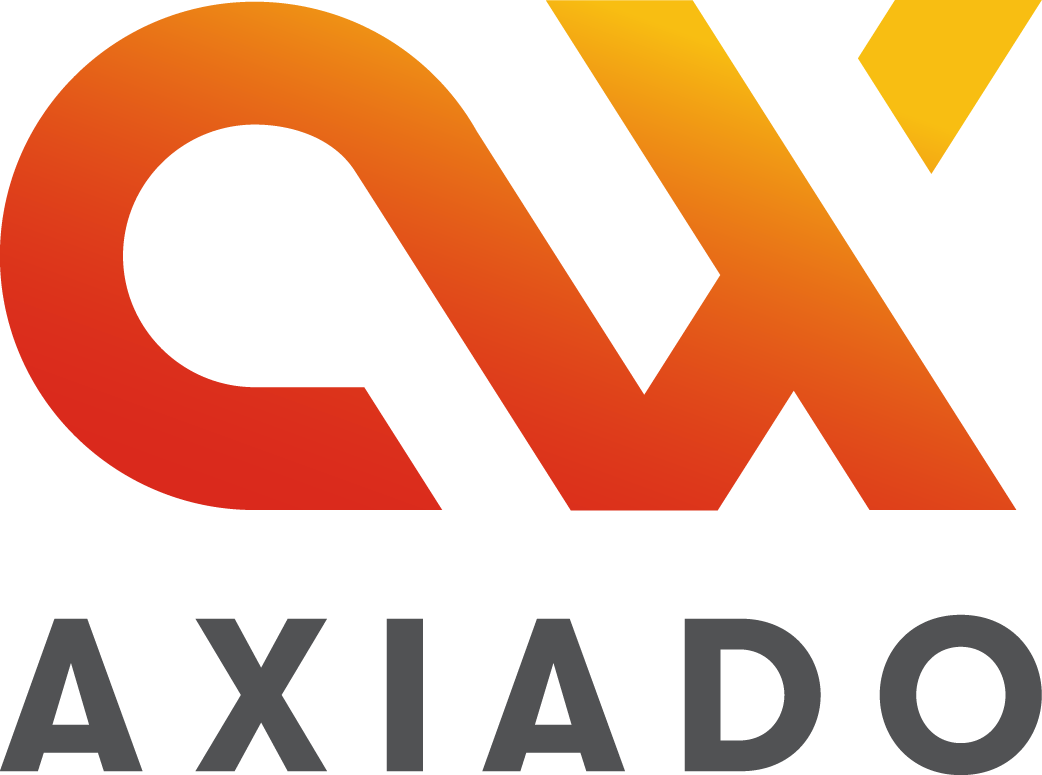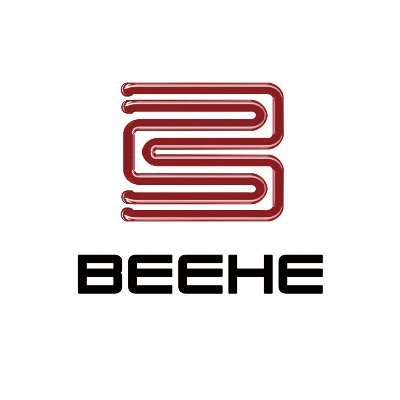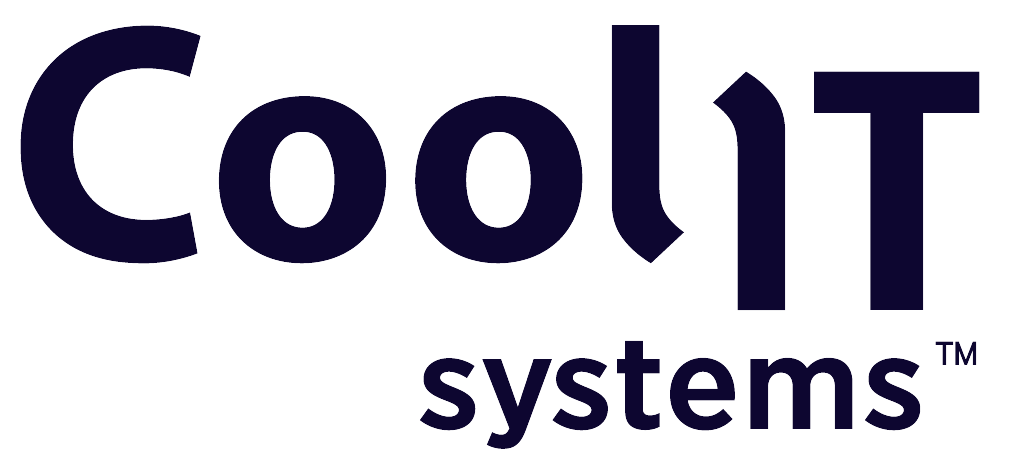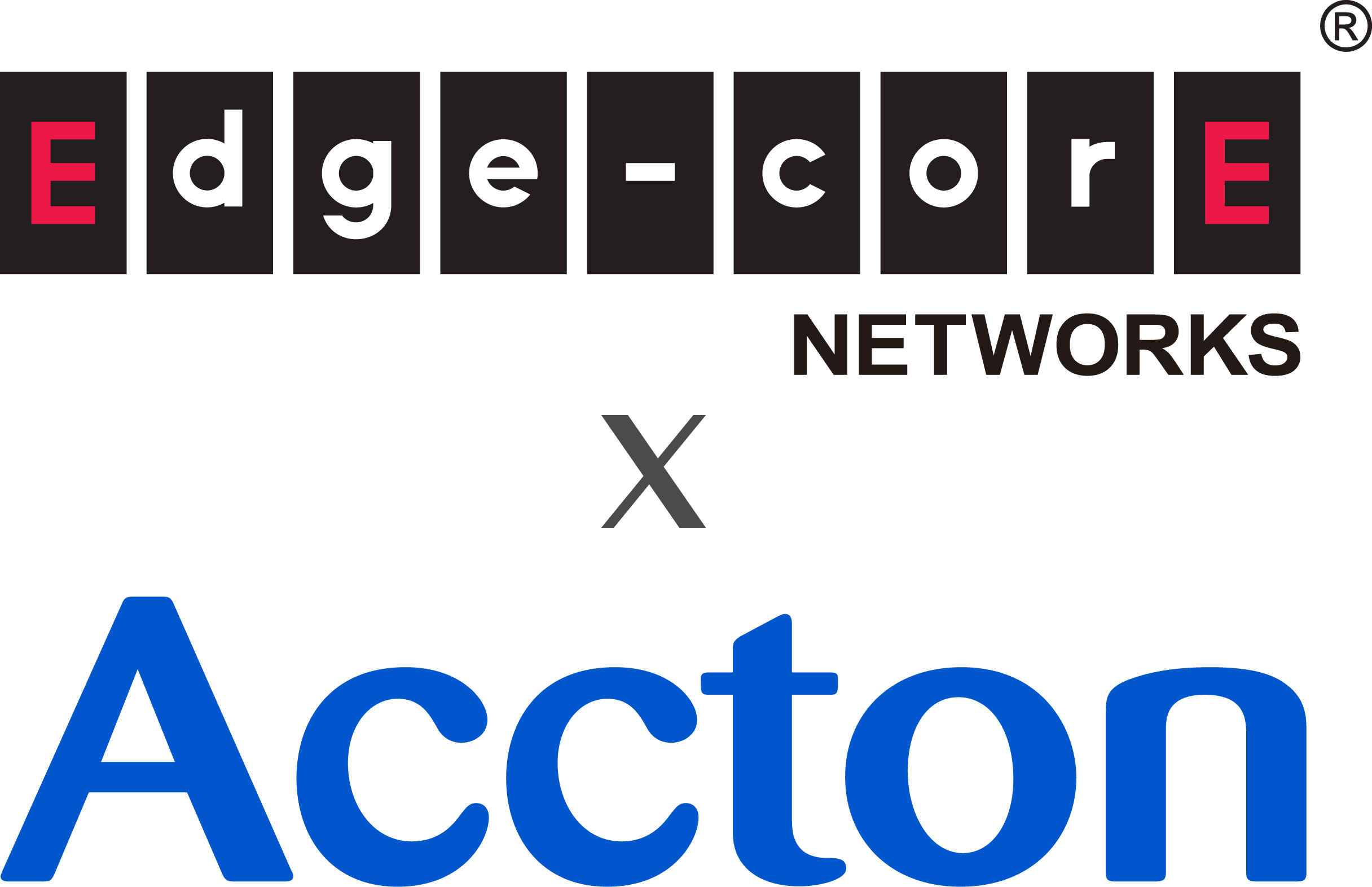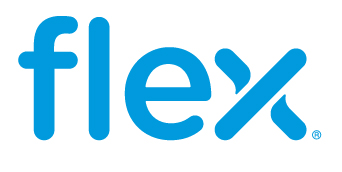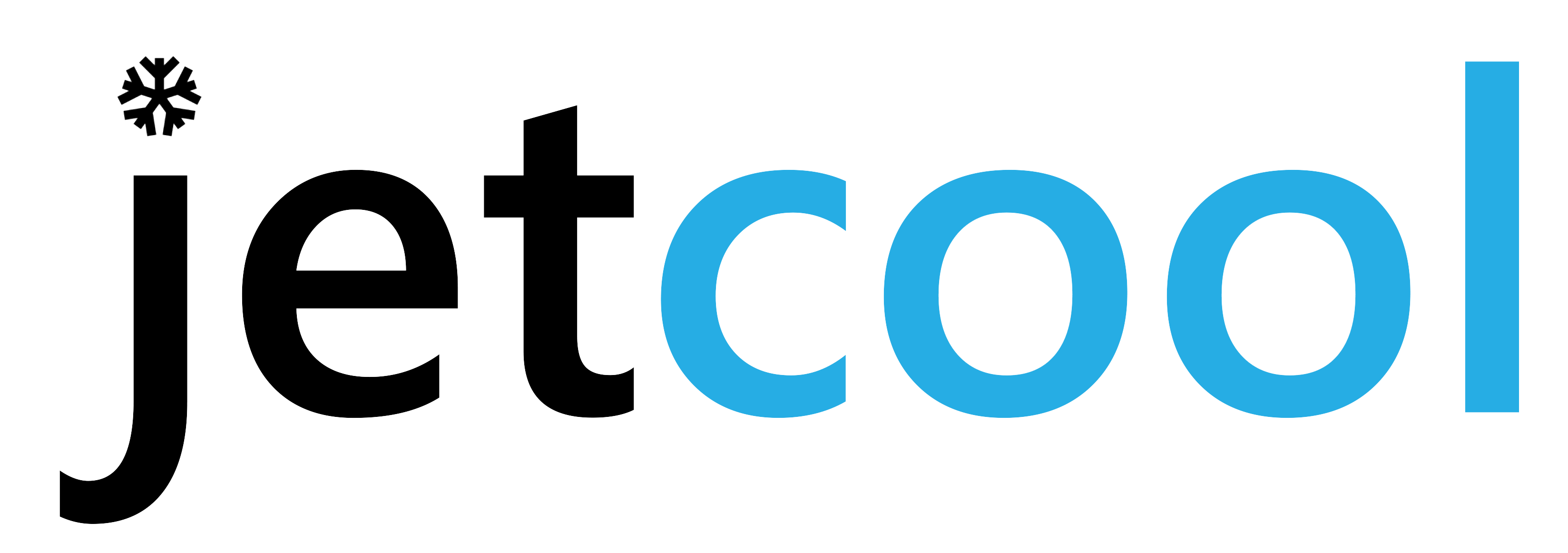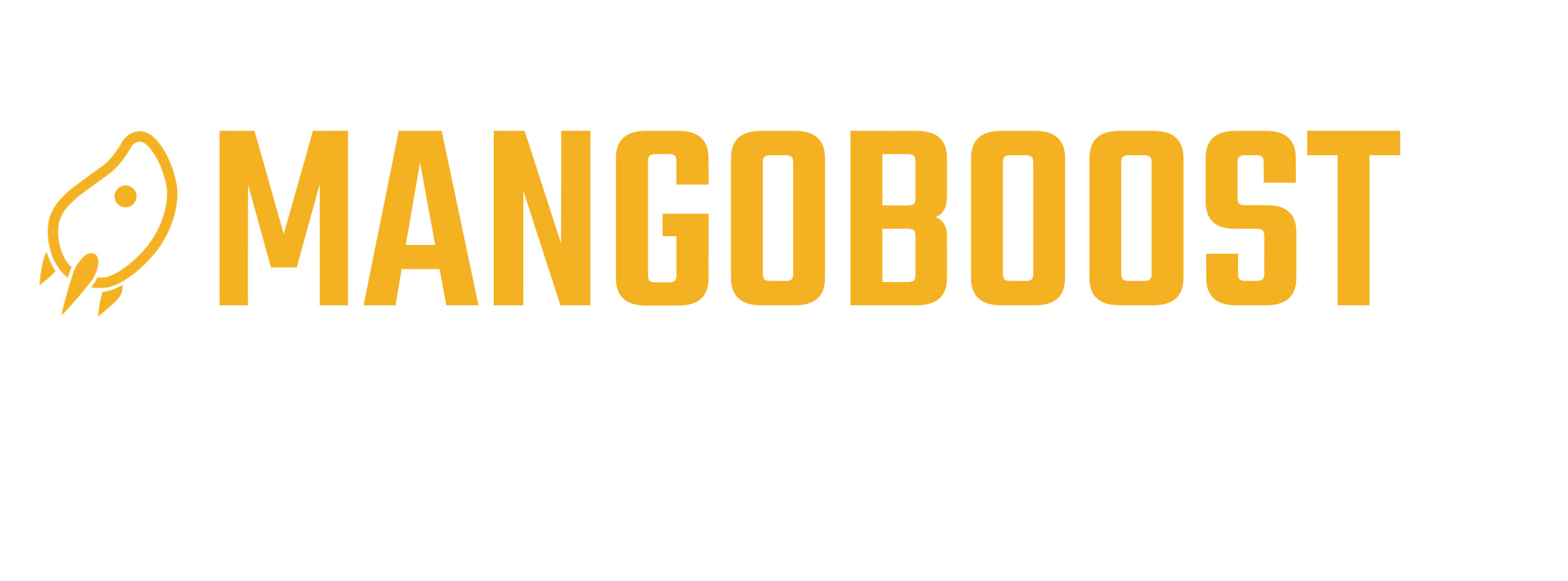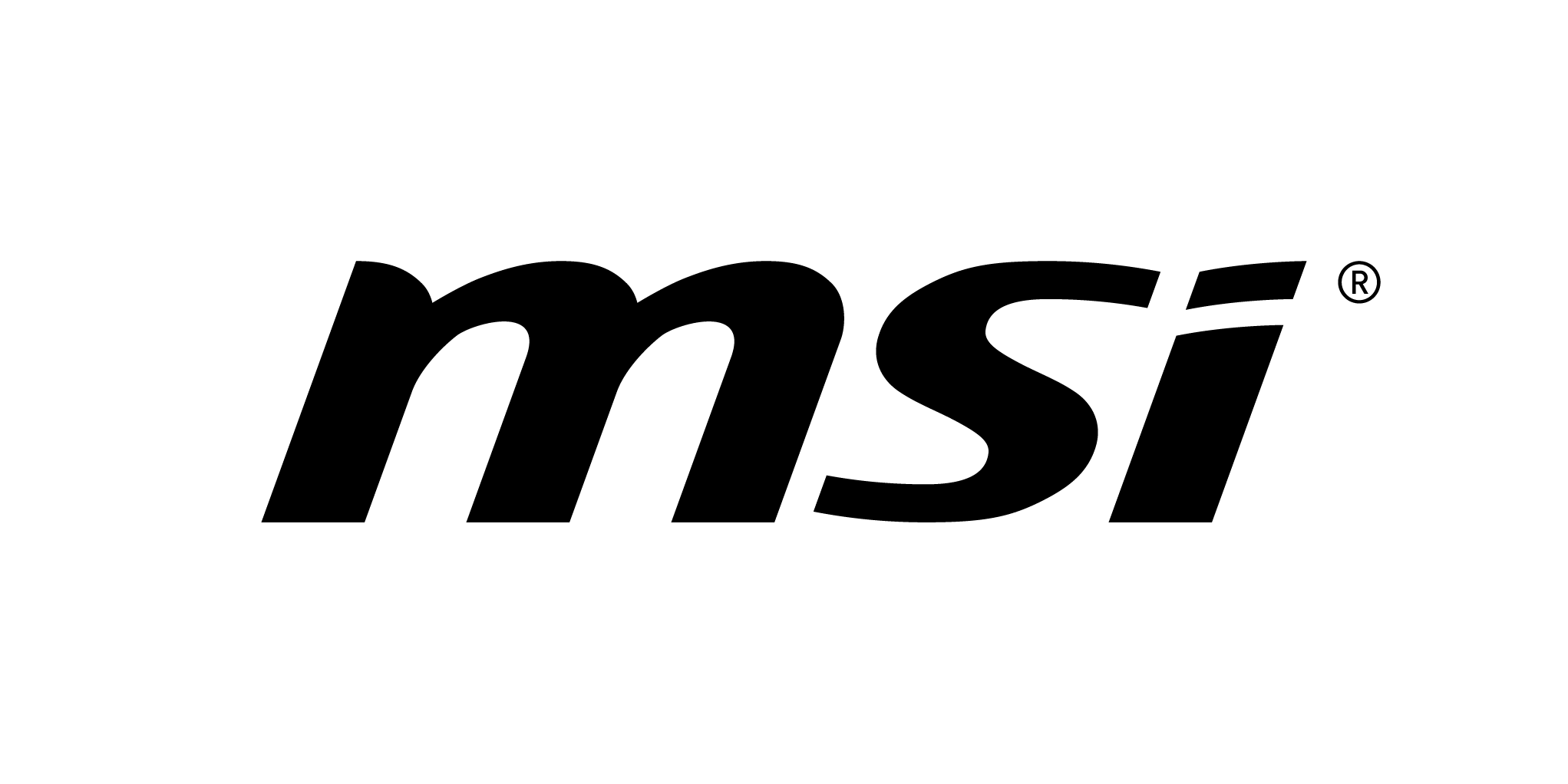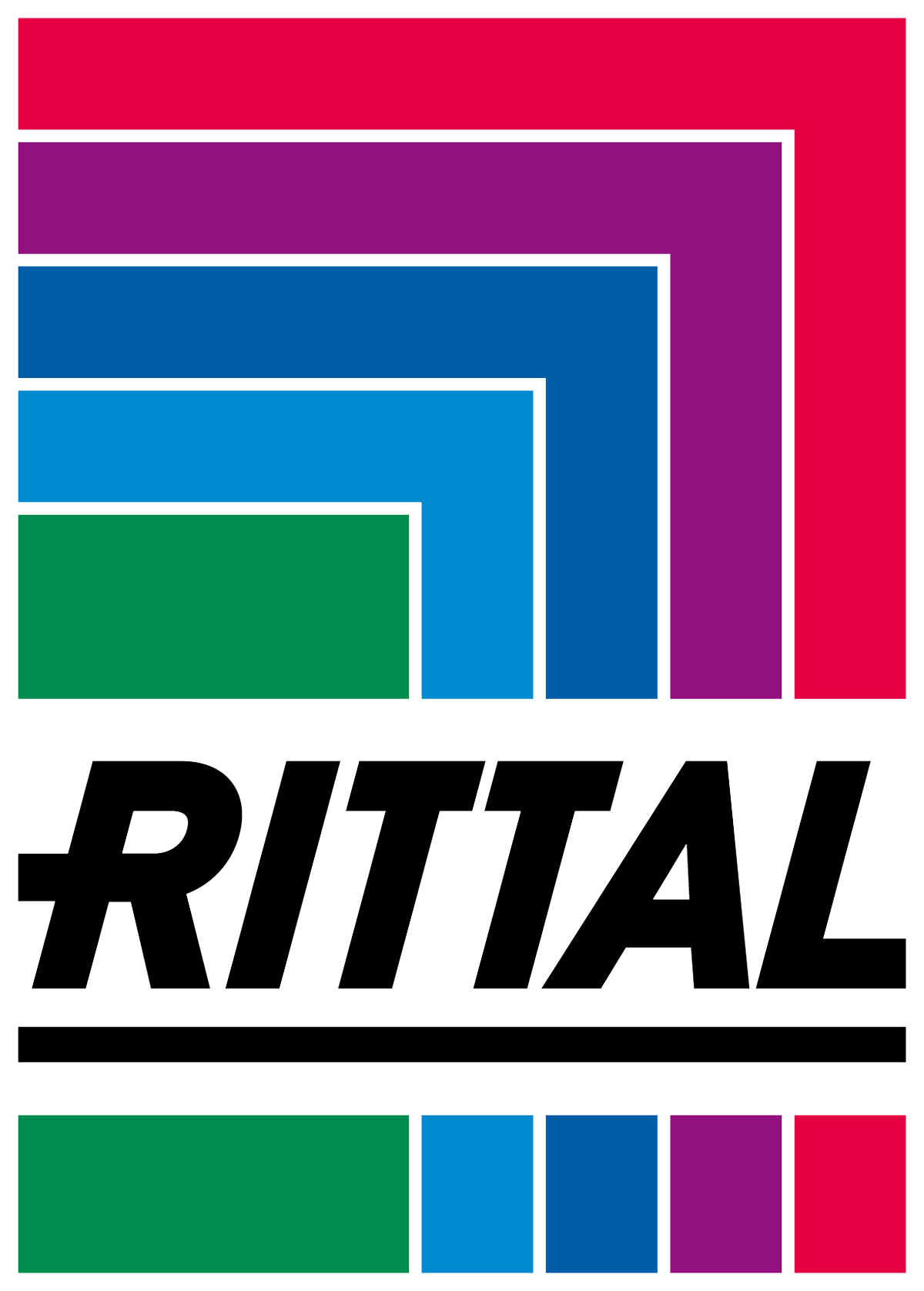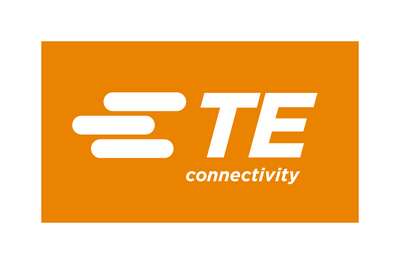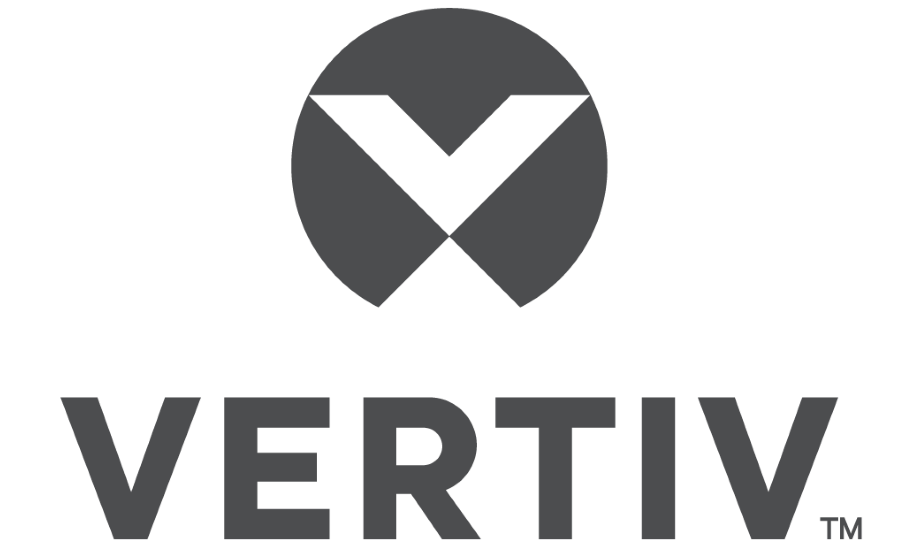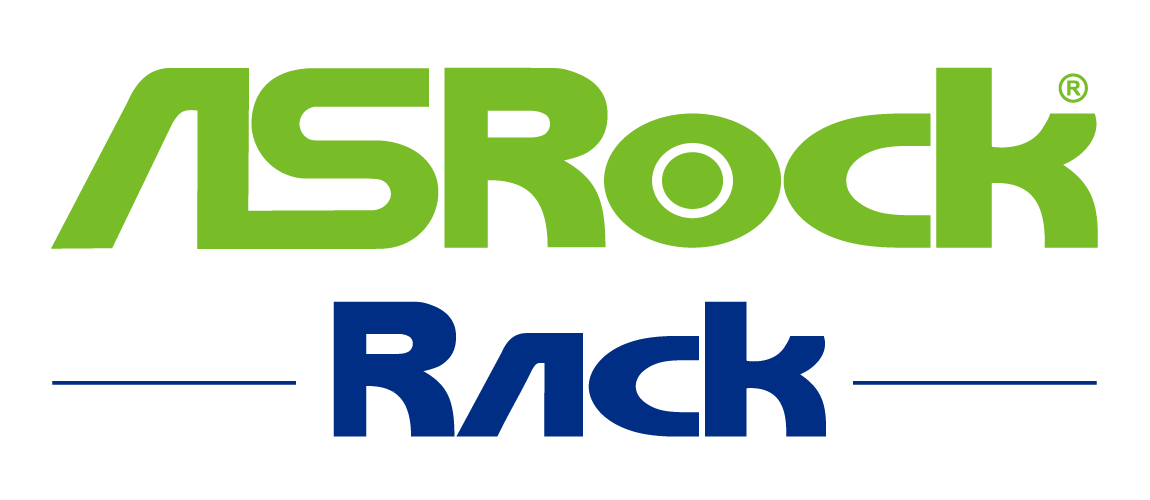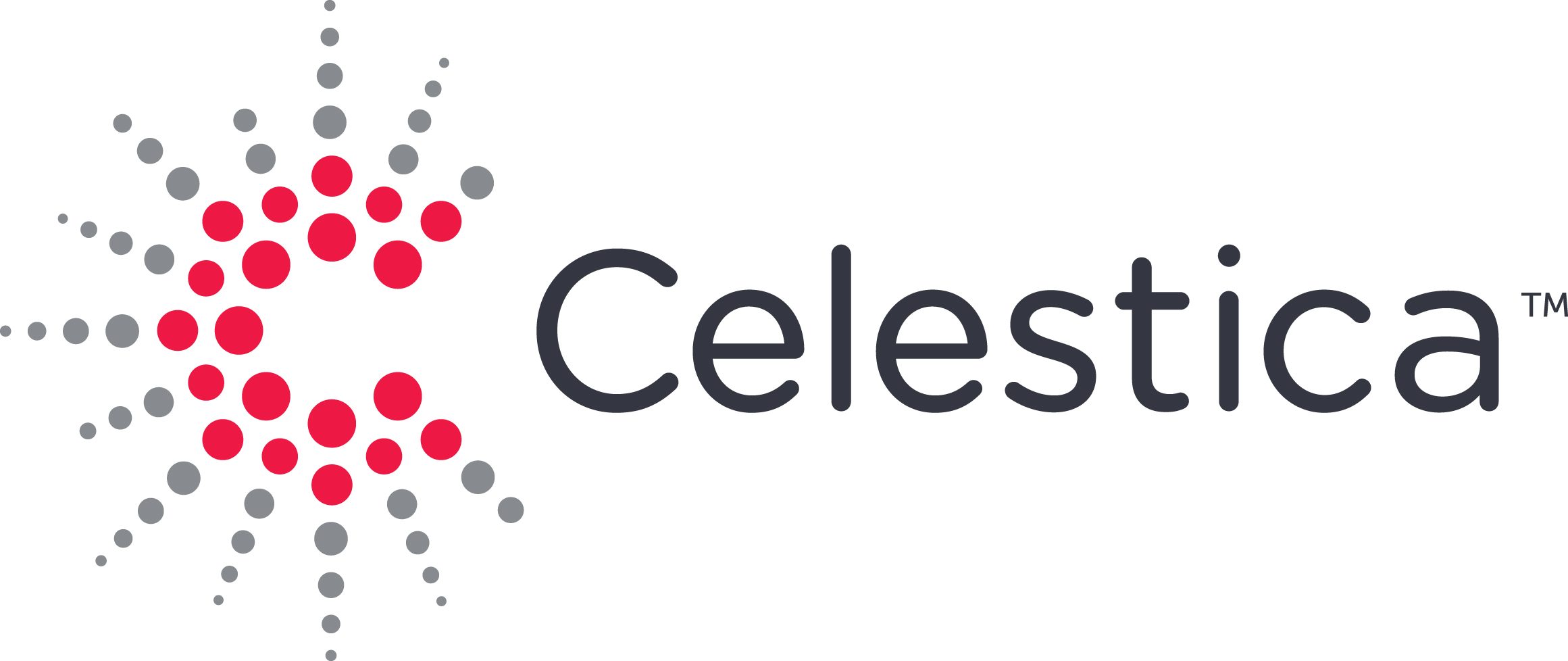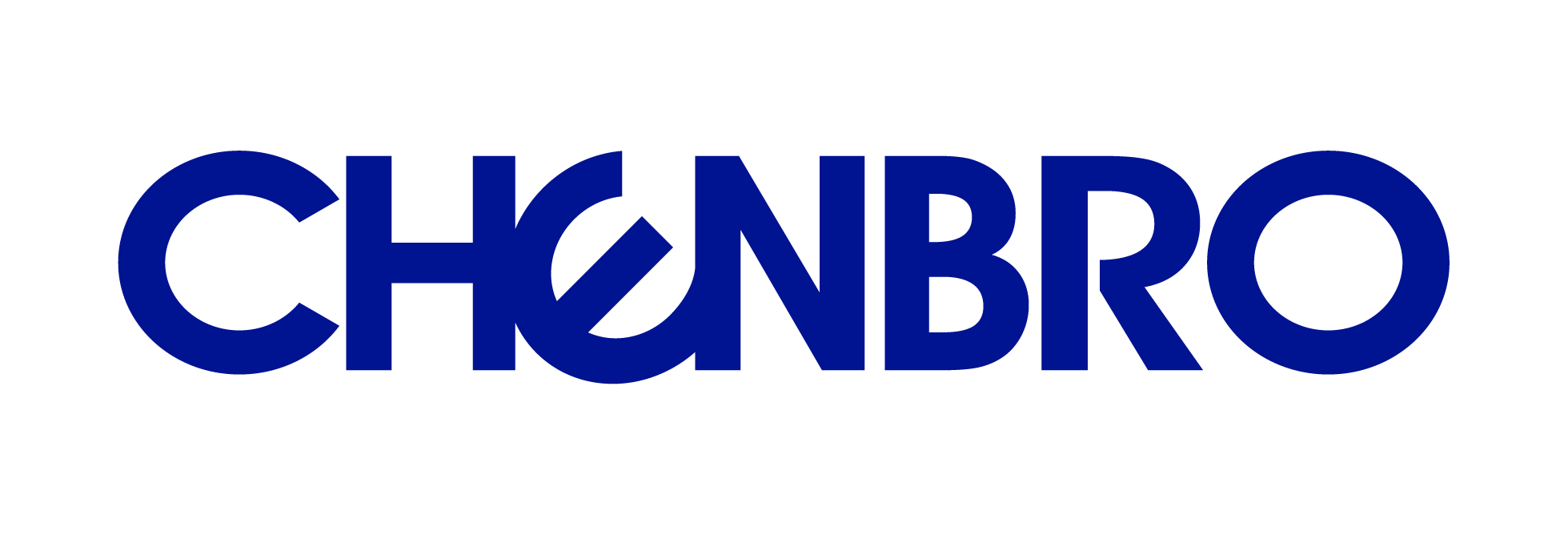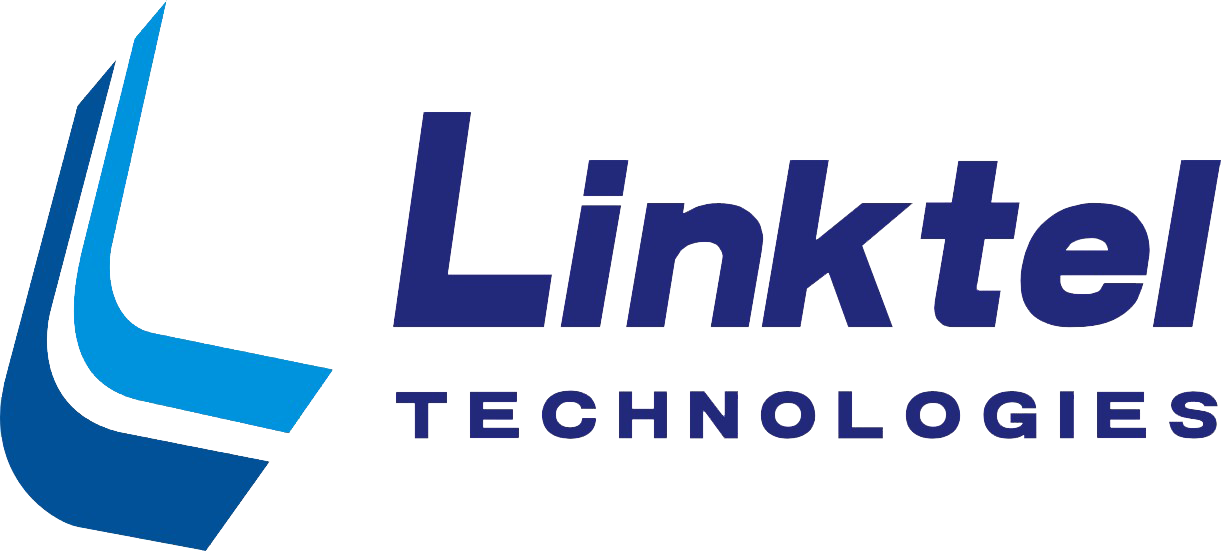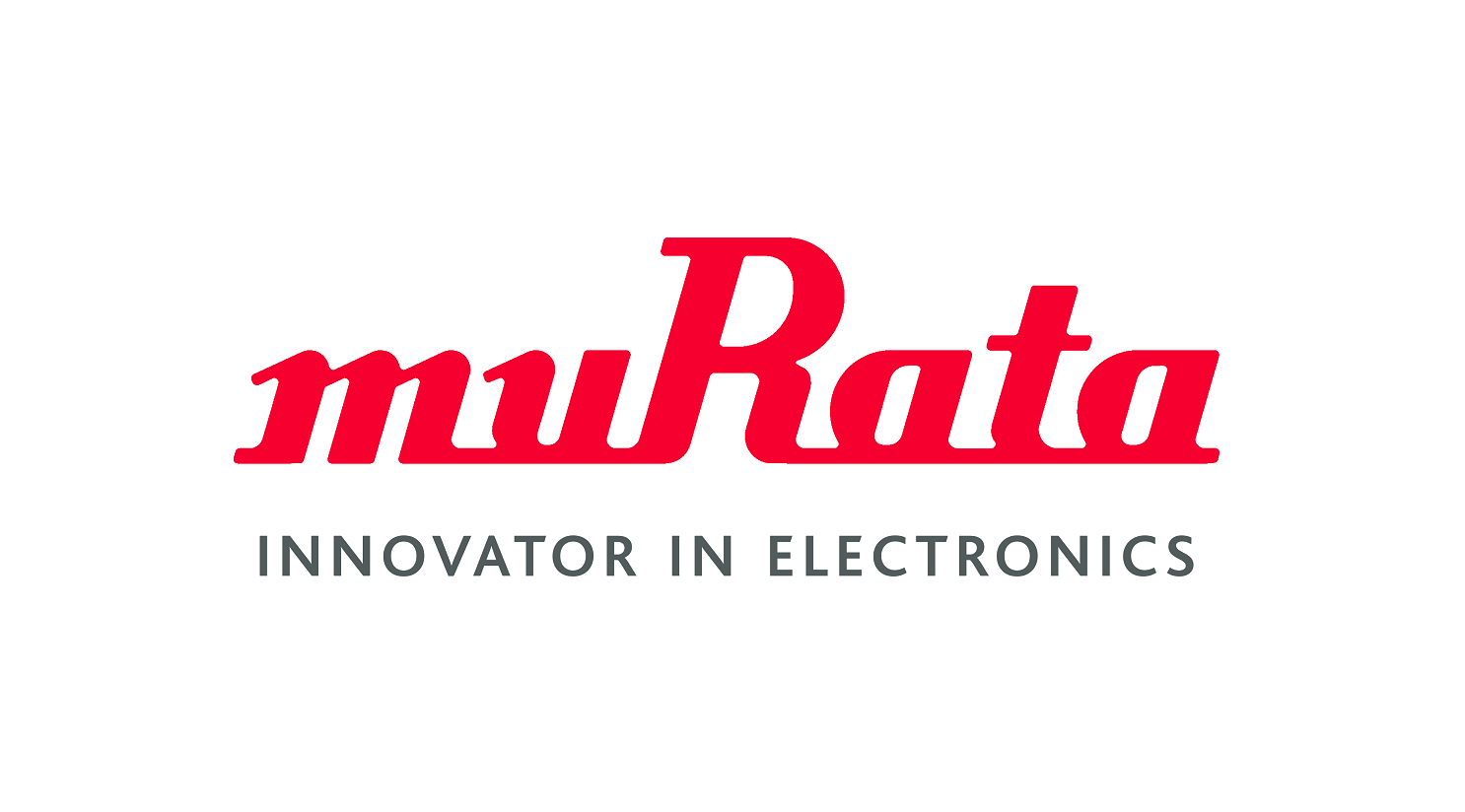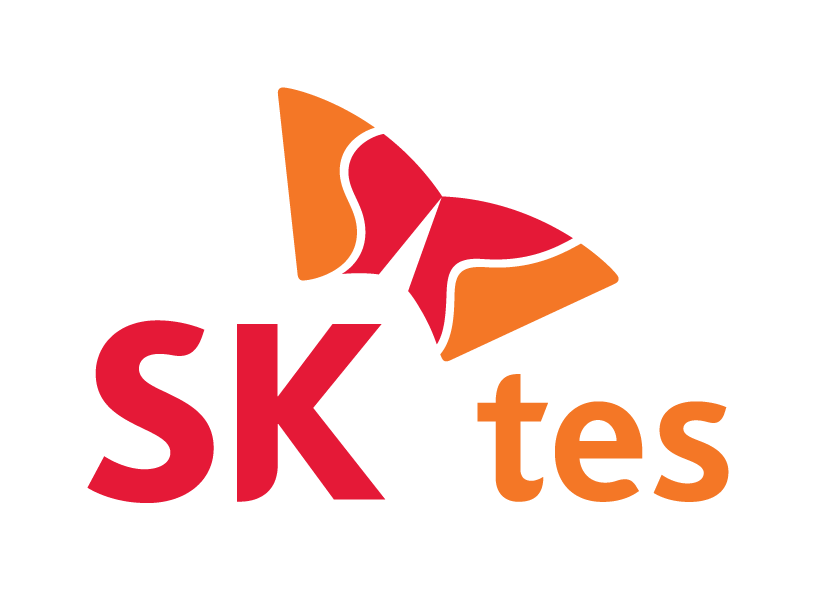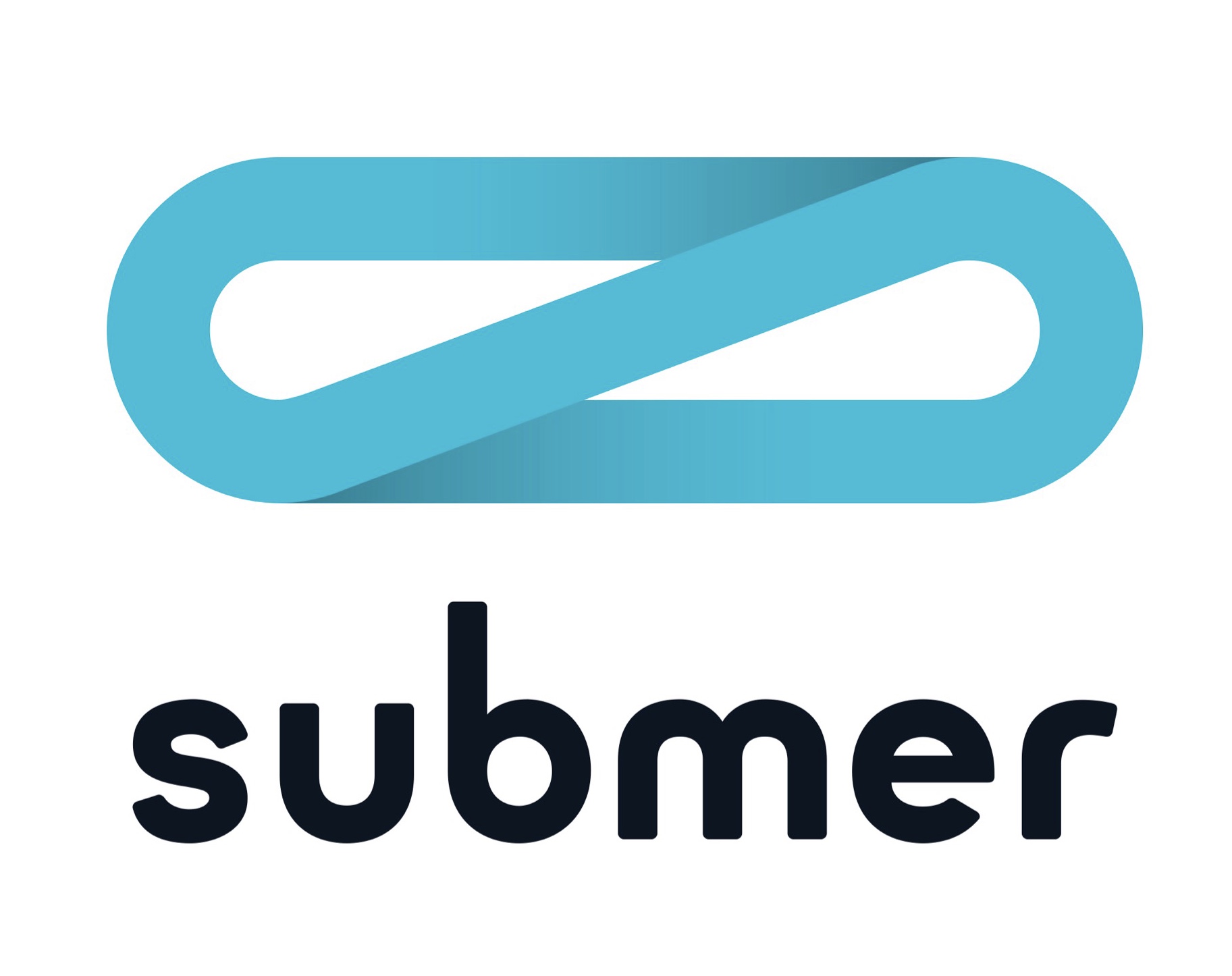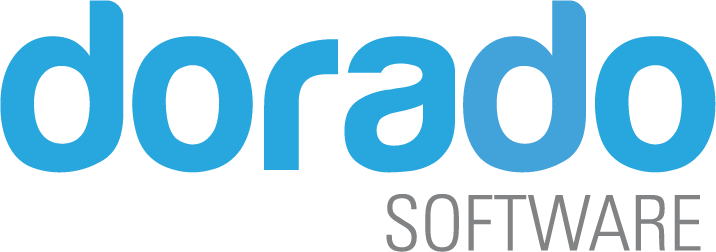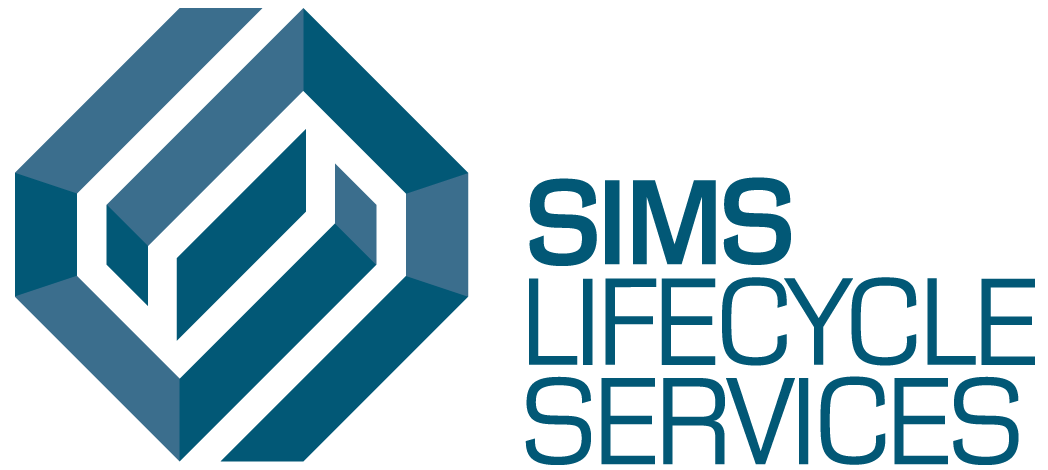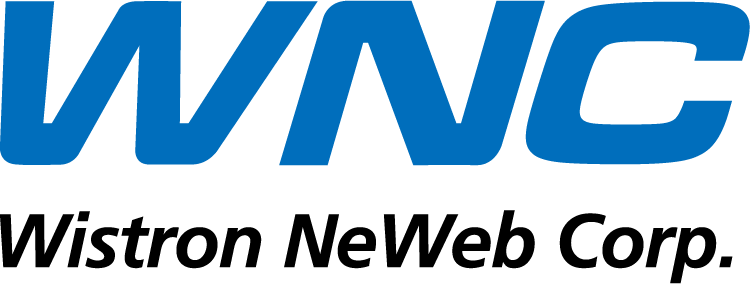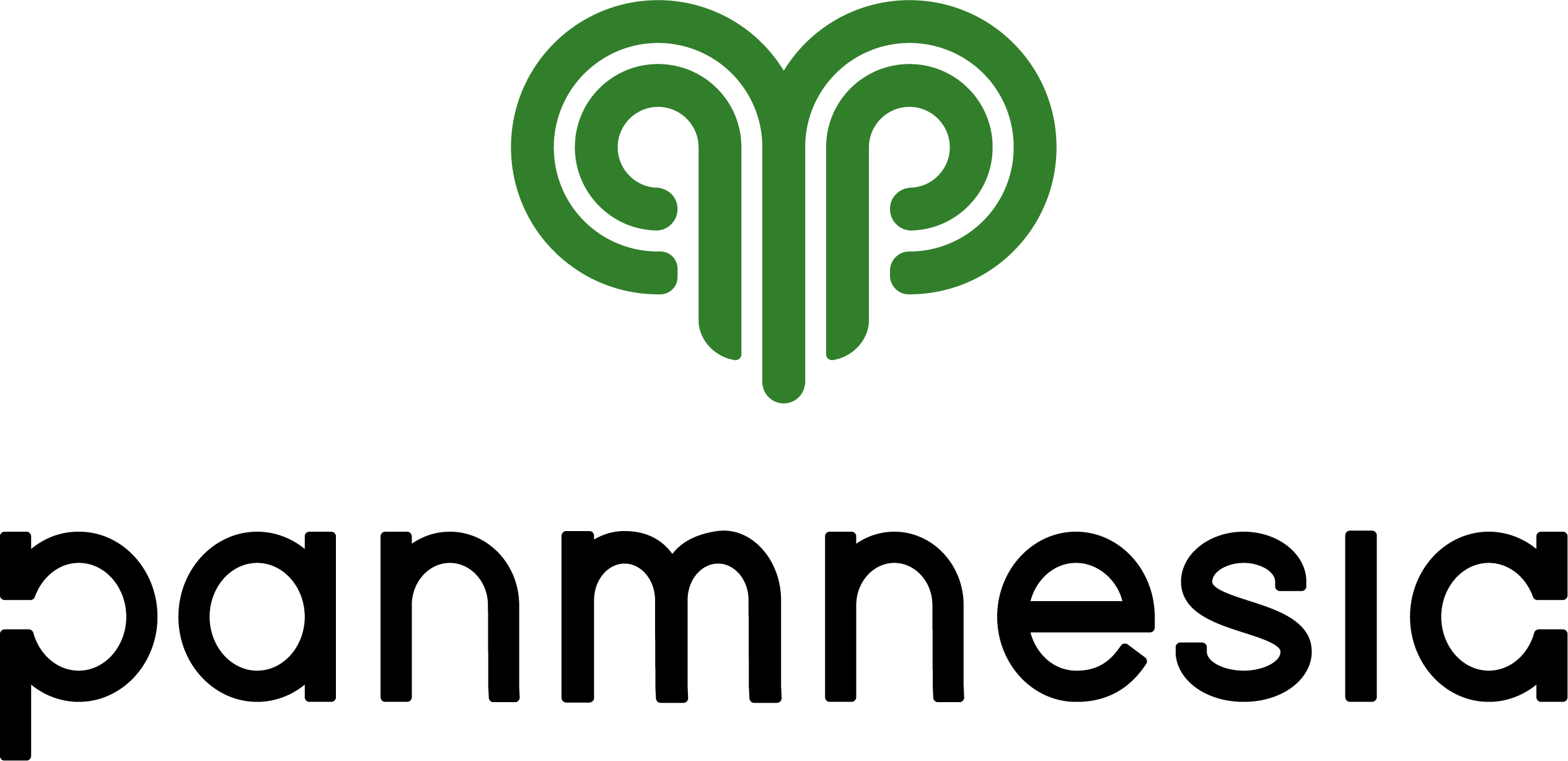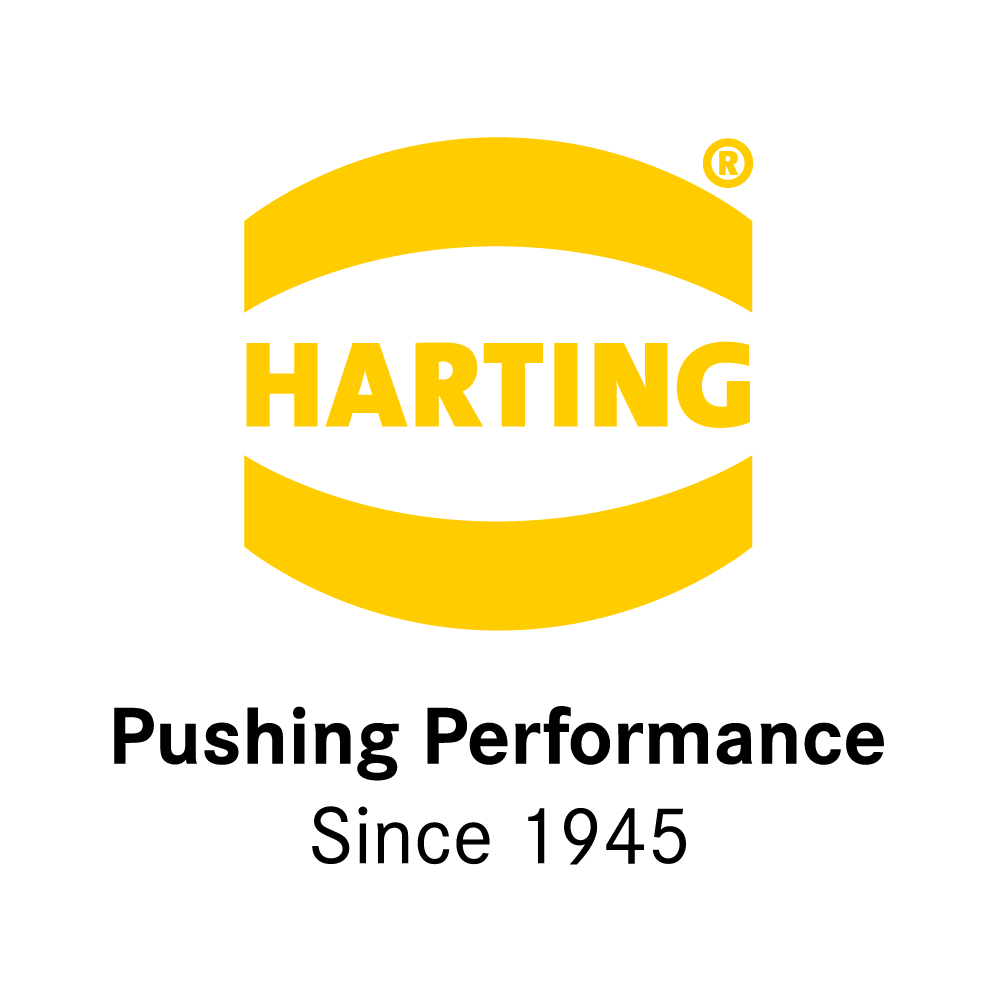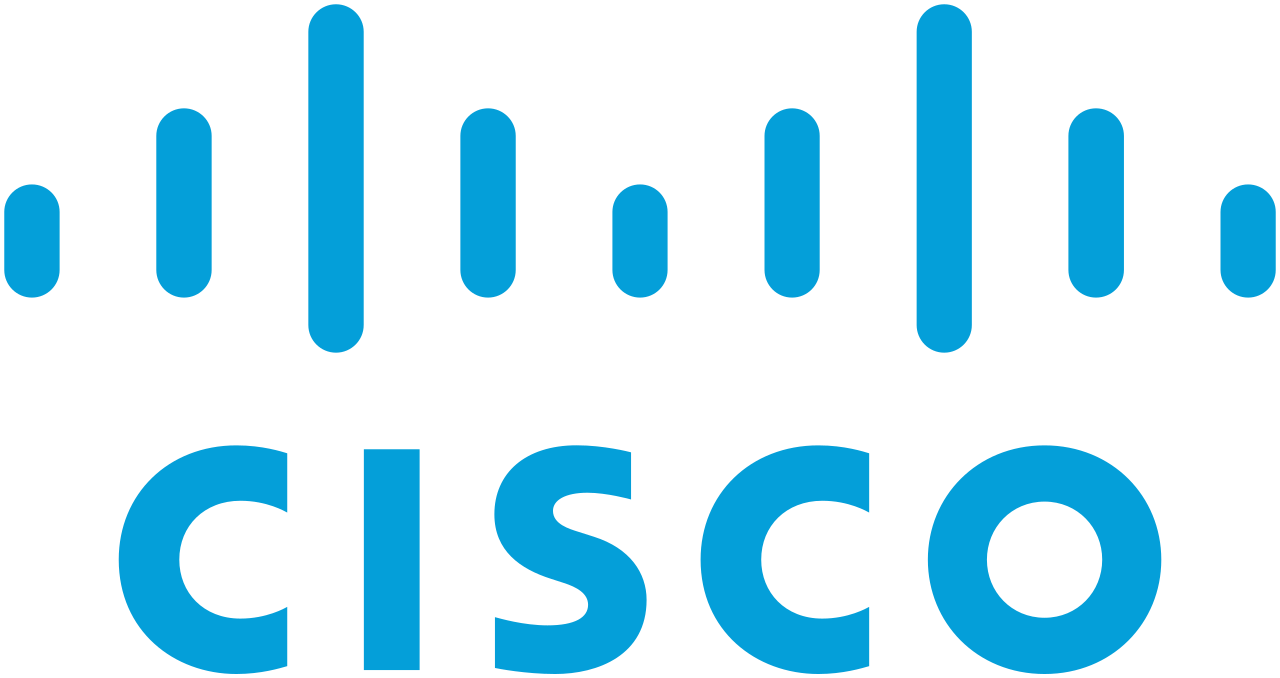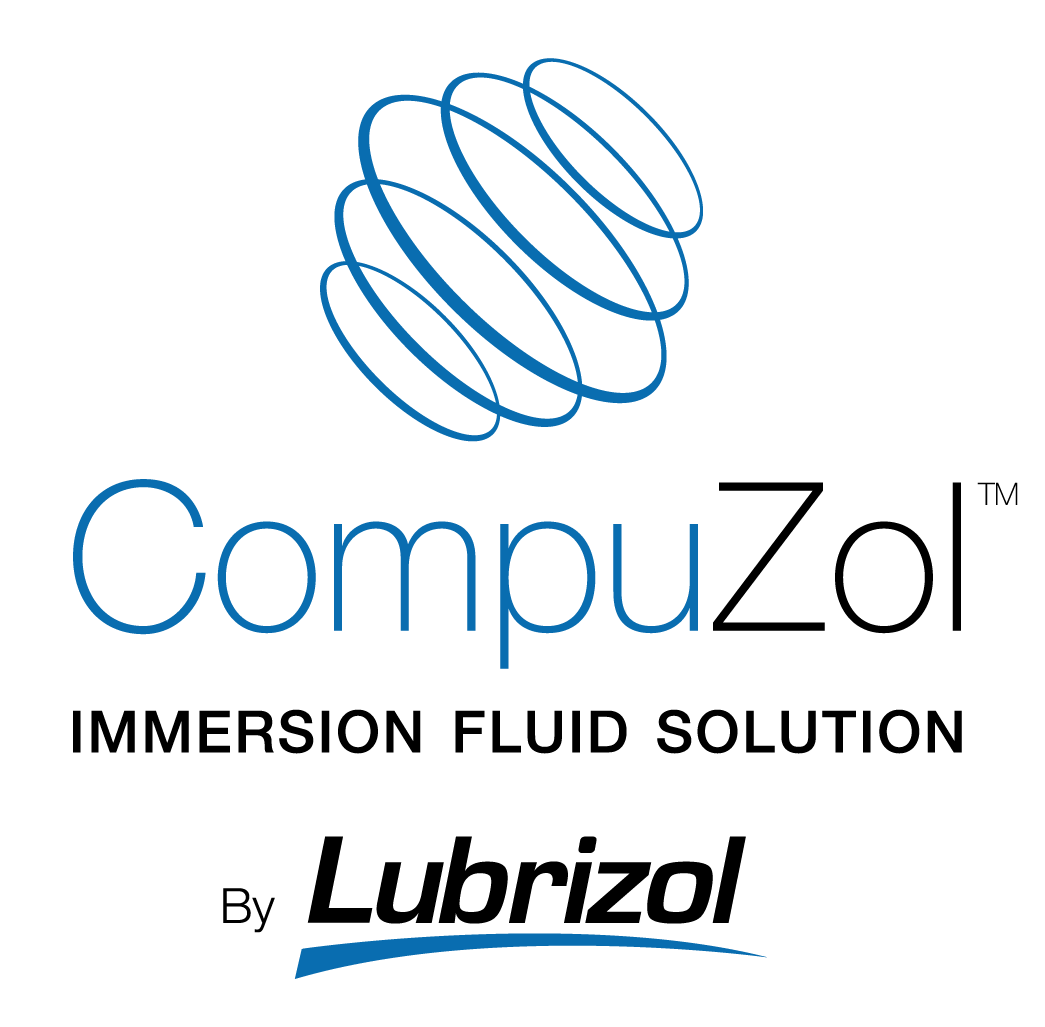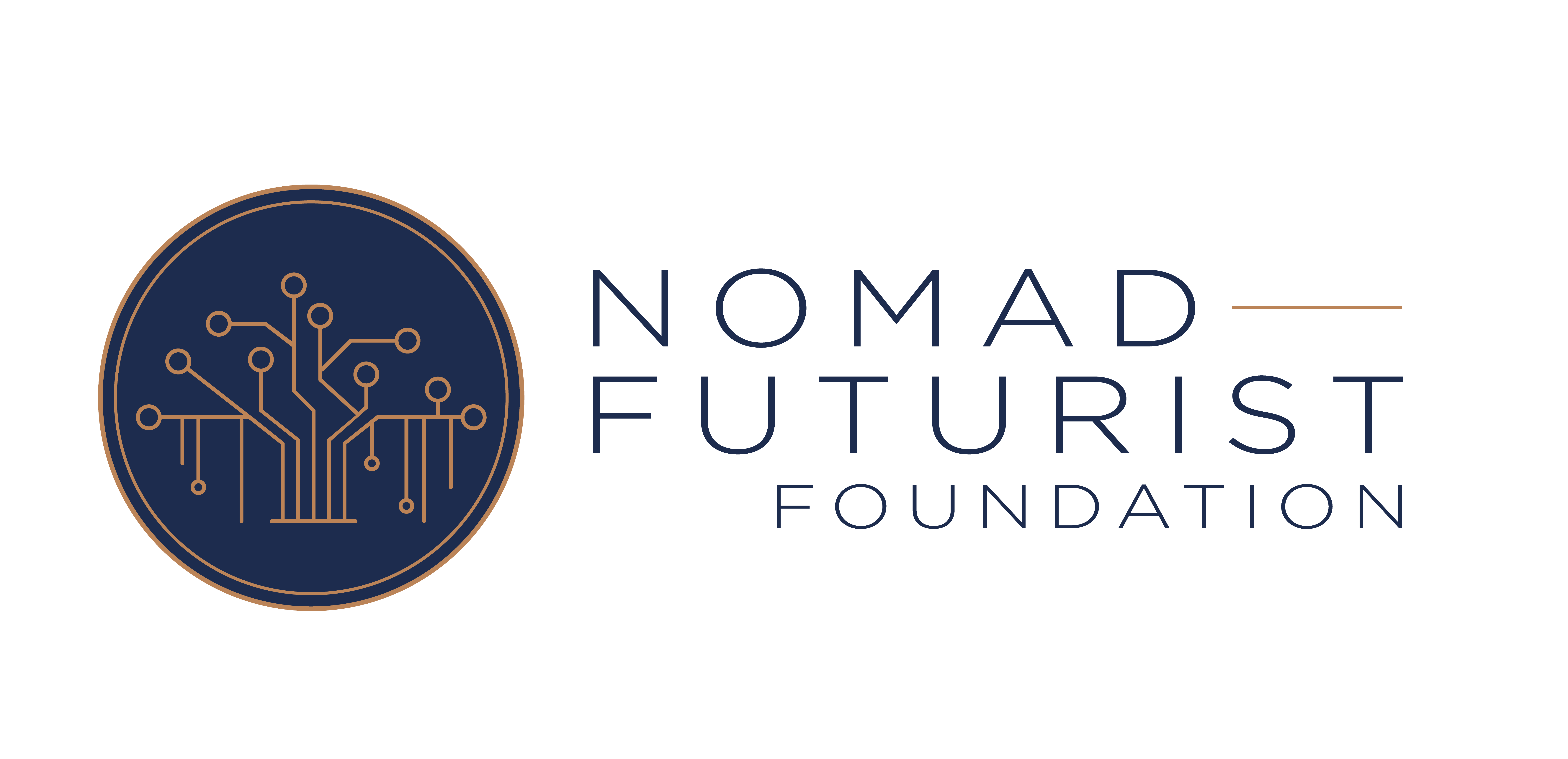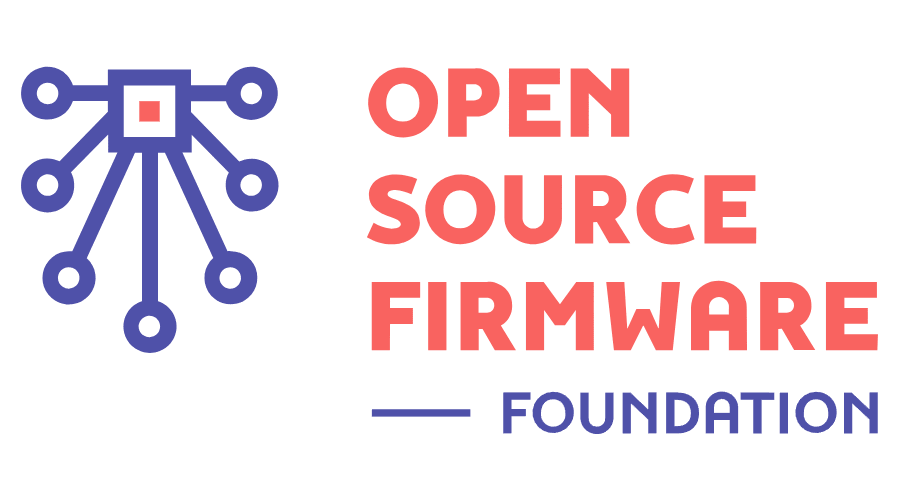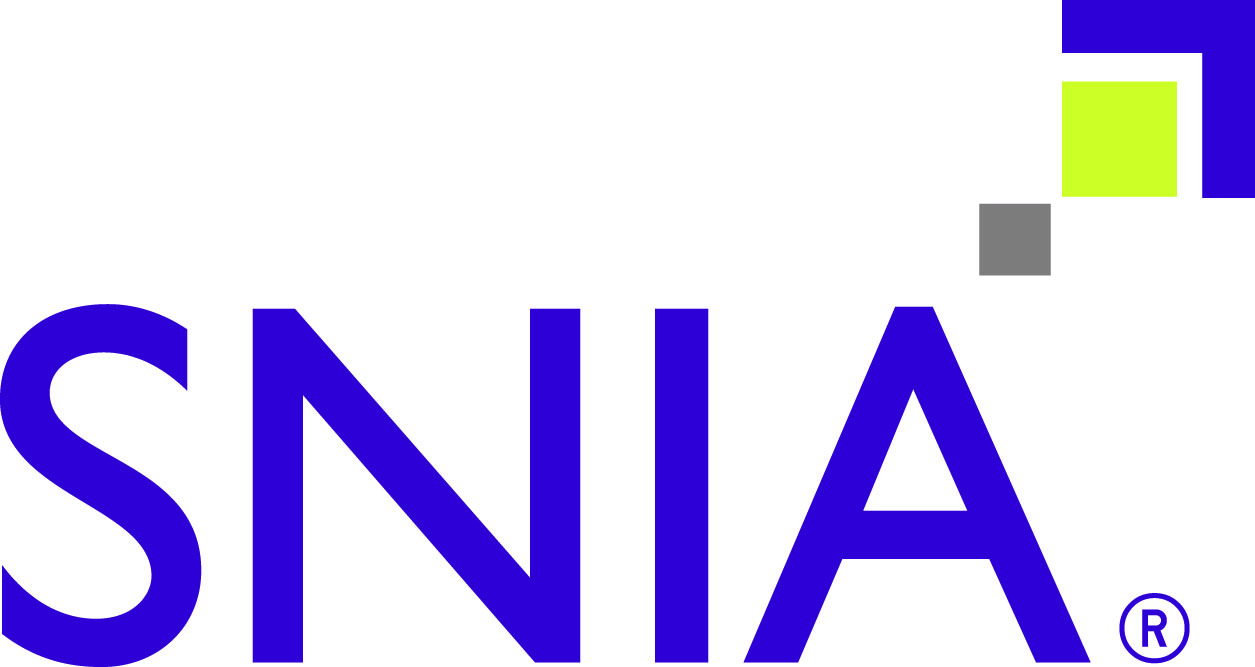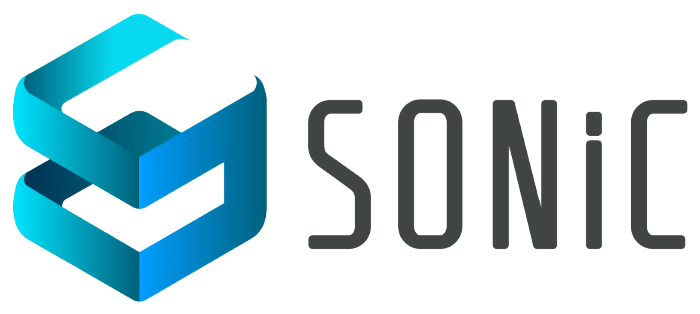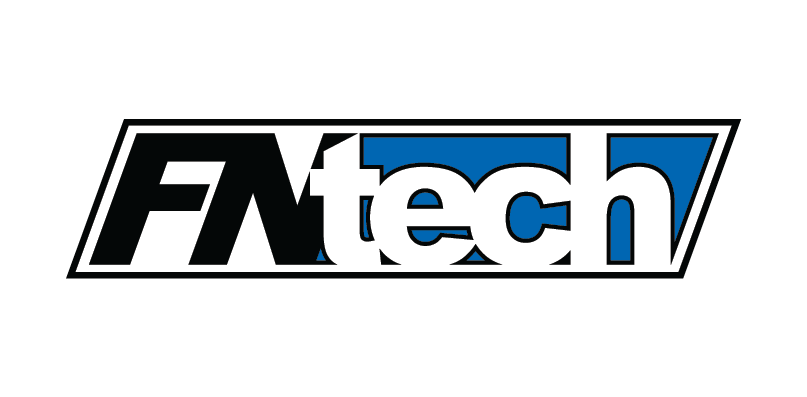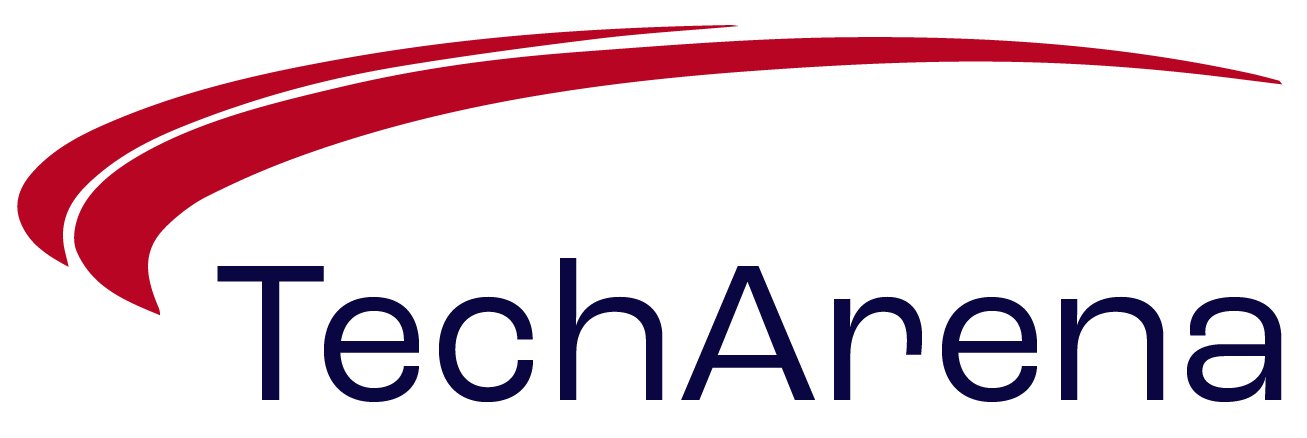2023 Global Summit - Session Recordings and Slides 2023 Global Summit - Participating Companies List 2023 Global Summit - Event Photos The 2023 OCP Global Summit was a massive success, our biggest and best yet, with 4,401 people attending the event in San Jose, CA.! Thank you to our amazing Membe (...)
Schedule Highlights
San Jose, California
- Home
- Registration
- Travel
- Schedule Overview
- Schedule Highlights
- Full Schedule
- Speakers
- Sponsors
- Innovation Village
- Co-Located Events
- Symposium
Schedule Highlights
Click Here to View Detailed Schedule
| Track | Highlights | Detailed Track Schedule |
|---|---|---|
| Cooling Environments: Immersion | Immersion cooling, part of OCP's Cooling Environments Project focus on developing environmentally-friendly thermal management solutions, is an important emerging technology that will be needed at scale when the next generations of SoC's for AI and HPC hit the market. Early deployments are very encouraging and there is a tremendous effort within the OCP Community to help shape this market with community driven standardizations and best practices. This session track will include a discussion on current market and growth expectations for the technology, a presentation on selecting and managing immersion fluids throughout their lifecycle, building reliable immersion cooling systems, and power delivery and optimizing signal integrity with immersion cooling. Immersion cooling is one of the fast growing OCP Projects and planning your data center thermal management strategy. Attend and benefit from the learnings to be shared in this session. | Schedule |
| Cooling Environments: Liquid Cooling | Liquid cooling, part of OCP's Cooling Environments Project focus on developing environmentally-friendly thermal management solutions, is an important technology whose time has come with the current generation of SoC's for AI and HPC that are being deployed. Subjects that will be discussed in the day-long session track include the latest cold-plate technologies and fluids including guidelines for usage, testing methodologies for CDU, special focus on two-phase technologies, running a hybrid air and liquid-cooled data center, latest red-door heat exchanger design, and fluid filtration strategies. The Cooling Environments OCP Project is central to planning your data center thermal management strategy. Attend and benefit from the learnings to be shared in this session. | Schedule |
| Data Center Facility (DCF) | Underpinning the information technology of data centers are the physical aspects of building and running data center facilities. At OCP Global Summit, our track on DC Facilities covers everything from concrete, literally building better foundations, to robotics automation of adds, moves and changes. And for logistics, site access, security, base building infrastructure, and more critical aspects, speakers cover the latest in OCP Ready recognition that ensures readiness at hyperscaler-level constraints and best practices. Finally, other sessions cover a range of topics: modular data centers, materials handling, sustainable efficiencies like heat reuse, power distribution, and liquid distribution for cooling. | Schedule |
| Hardware Management | Data center operations scale in difficulty with their size. At cloud scale, this level of hardware requires a small and stable set of tools to remotely manage machines, and this is what the Hardware Management OCP Project and presentation track at OCP Global Summit covers. In these sessions, you’ll find an overview of OCP Profiles for OCP platforms and components as well as an overview of the project workstreams. A mix of technical deep dives also cover topics dealing with silent data corruption, hardware fault management, the Redfish standard, satellite management controllers, model-based systems engineering applied to the data center life cycle, and of course, a look at the needs of AI and HPC driving open specifications in management of GPUs and accelerators. | Schedule |
| Networking | The OCP Community is forging cloud- and AI-scale networking innovation and best practices, and this year’s networking track at OCP Global Summit features industry leaders in a range of talks and panelists throughout the day. There will be special focus on approved OCP Contributions in the OCP Networking Project, complemented by topics on the challenges and solutions, today and tomorrow, in the areas of power, cooling, scale and density of speeds and feeds, optics, traffic congestion optimization, NIC acceleration and NetOps automation. | Schedule |
| Open Platform Firmware (OPF) | With the move to computing at scale for AI and HPC and the drive to improve re-use of equipment, truly open platform firmware has never been more important. Open platform firmware will be a key factor in computing at scale by improving security, and facilitate innovation by giving developers the ability to audit, customize, and extend platform firmware beyond what the original manufacturer might have intended. This session track will include presentations by Intel on implementing RAS, HPE on "Flashless" server firmware, Meta on requirements for managing Gen AI Infrastructure, and a panel session with Google, AMD, and Intel debating how to overcome challenges with firmware at scale. There will also be presentations covering the latest approved OCP Contributions by the Open Platform Firmware Project. | Schedule |
| Rack & Power | At this year’s OCP Global Summit there is a dedicated track to Rack and Power given all the recent innovation and need to keep pushing, especially with meeting the challenges of power-hungry AI workloads. We have comprehensive presentations on using OCP Open Rack v3 (ORv3) configured for different applications, as well as Open Rack-related and other deep dives on 200kW, 48V power distribution and beyond; new power-level considerations in the rack and its busbars, PSUs and BBUs; direct liquid cooling; liquid cooling blind-mate interfaces; supply chain enhancements with more collaboration and standardization; and open-source mechanical stress testing. This is indeed a high-powered set of panels and presentations by data center builders for data center builders. | Schedule |
| Security | OCP continues to play a growing role in securing data center and AI infrastructure. Building on the strength of OCP S.A.F.E. and years of community innovation, this Summit’s Security track covers sessions on OpenTitan, evolving to OCP Caliptra 2 RoT, extending it with Caliptra LOCK, experience implementing Caliptra and OCP boot streaming, important new SPDM working group specifications, and a discussion on post-quantum cryptography. | Schedule |
| Server | Discover the future of servers at the OCP Global Summit with a variety of sessions in the Server track. The OCP top-level Server project develops efficient, flexible, scalable and open server designs for today’s more demanding data centers. In this year’s Summit track, there are groundbreaking developments redefining server technology, including modularity, high-density, hardware security, disaggregation, improved power and heat designs, and efficiency in eeking out more performance. From innovating components like retimers, cables, DPUs, to the latest interconnect with SIOV Rev2 and 128GT/s PCIe Gen7, to new systems like Meta’s Sentinel Dome and NVIDIA’s MGX, these sessions run a spectrum of server technologies not to be missed with an emphasis on AI infrastructure in many talks and panels. | Schedule |
| Server: Composable Memory Systems (CMS) | The Composable Memory Systems (CMS) sub-project is reshaping how we utilize memory in server architectures, moving toward a dynamic allocation memory resources to applications as per their needs. This sub-project is enabling servers to better accommodate workloads with varying memory demands, whether it's high-performance computing, machine learning, or delivery of large-scale cloud services. Topics covered in this day long breakout session include composable memory use cases including AI, integration with Kubernetes Orchestration, the role of CXL in enabling composable memory systems, connecting accelerators, and building memory fabrics. The CMS workstream underlines OCP's commitment to driving the future of flexible, efficient, and high-performing server technologies. | Schedule |
| Server: Chiplets | The OCP Community announced its vision for an Open Chiplet Economy in January of 2023 aiming to break down proprietary barriers and enable greater collaboration and competition in the chip industry. The Open Chiplet Economy opened on the OCP Marketplace in July of 2024. To enable this chiplet marketplace, the OCP Community focused on the development of standards, tools, and platforms for the business and technical workflows needed to establish a new silicon supply chain for chiplet based System in Package (SiP). Topics covered in the day-long track include discussions on how chiplets will change semiconductor technology, a case study of developing a first off-the-shelf chiplet, an update on OCP Community standardizations for chiplet interconnect, business and technical workflows for the new silicon supply chain, SiP testing with chiplets, specialized chiplets and form factors for HPC and AI, the rise of RISC-V Chiplets, Chiplets for automotive, and best practices for chiplet re-use. The Open Chiplet Economy sub-project (formerly ODSA) embodies OCP's commitment to promoting open standards, fostering innovation, and shaping the future of silicon technology in the chiplet era. | Schedule |
| Server: MHS | Systems modularity is difficult to achieve but offers many virtues, and those are on full display in the OCP’s Modular Hardware System (MHS) Subproject under the direction of the top-level Server Project. At this year’s OCP Global Summit there is a whole track of sessions on MHS, featuring DC-MHS which standardizes a collection of host processor module (HPM) form-factors and supporting ingredients to allow interoperability of HPMs and platforms. These sessions and panels explore what’s new in the DC-MHS v2, what it takes to realize MHS at the edge, and how modularity is future-proofing rapidly evolving AI clusters. Other sessions dive into the technical detail behind out-of-band management to build the interoperability ecosystem of peripheral ingredients. Plug-n-play these sessions into your agenda and learn how open specifications of modularity are transforming the data center. | Schedule |
| Server: HPC/NIC/OAI | Across the OCP top-level Server Project many modular platform components are covered in the NIC, HPC and Open Accelerator Infrastructure (OAI) Subprojects. This year’s OCP Global Summit track carrying these topics is a hybrid of innovation across the Subprojects responsible for these modules. OCP contribution highlights particularly in the area of AI include PCIe Gen 6 support for OCP NIC, the new SmartNIC-capable dual small form-factor specifications for DC-MHS servers, and Meta’s AI training and inference accelerator support within the modular OCP-accepted Grand Teton server chassis. Attendees will also learn about NIC resource cross-tenant performance isolation in multi-tenant environments. For HPC environments, the HPC Subproject’s "HPCM Wall of Compute" approach to redefining system-level computing architectures will be presented for a wide range of domain-specific computing architectures, including building a digital twin ASIC emulation platform. | Schedule |
| Storage | We will never have enough storage, and with AI this has become even more apparent. This track will cover new technologies for packing more data onto a storage device with QLC, optimizing SSD testing, managing large fleets of storage devices, securing storage devices, special techniques for AI storage, updates to Linux for high performance storage, how DPUs can help, a look at some advanced technologies being explored for storage, and a review of latest approved OCP Community delivered storage specifications. | Schedule |
| Sustainability | Current projections on the resource consumption of the AI and HPC data center buildout expected between 2024 and 2028 indicate we must change the power, water, and carbon footprint demands of current computational infrastructure. These talks will discuss the latest open innovations being worked by the OCP Community needed to deliver the next generation sustainable data center facilities and computational infrastructure. Topics covered include options for reducing global warming, measurements of data center efficiency (IT Equipment), building the circular economy, Power draw of AI workloads, advancing towards Net Zero, building carbon aware computational infrastructure, using digital twins for improving data center efficiency, the role of open firmware in the hardware life cycle, and an update on the joint effort between the OCP and iMasons. | Schedule |
| Test & Validation | Quality is never an accident, and as data centers become more complex, not least with new AI GPU servers, testing and validation presents new challenges to ensure quality at the outset and ongoing reliability, availability, and serviceability. At OCP Global Summit the track of sessions and demos on Test and Validation illuminate a range of open-source checks and tools for: how hyperscalers are qualifying and testing products, how suppliers are ensuring compliance, and how data center operators are getting value from the latest OCP-accepted contributions for standard and portable diagnostics output across vendors, ODMs and cloud hyperscalers. Some sessions will also have demos and others share best practices to improve debuggability in rising complexity in AI servers and clusters. Take the next step in being proactive about quality by joining these sessions. | Schedule |
| Time Appliances Project (TAP) | This OCP Global Summit, it’s the right place and right time to join the Time Appliance Project (TAP) track to learn about the Community creating standards for time distribution and synchronization. Across diverse interconnectivity and the foundations of infrastructure from processors to larger systems, precise time affects analytics and many industries’ applications, from AI, to IoT, to finance, to telecommunications, to media and entertainment. These Summit sessions focus on new open contributions and innovations to improve costs, security, scale, reliability, accuracy, precision, PTP, PTM, PFM, transparent clocks, and much more in various environments such as embedded in components as well as across long-range wireless or optical connections. Synchronize and set your clocks today and your event agenda to learn about a brief history (and future) of time within data centers. | Schedule |
| OCP Special Focus: Market Impact & Supply Chain | This full-day track covers the impact OCP is having in the market, an important measure of OCP's success driven by its Emerging Markets programs and the OCP Marketplace. Hear from Industry Analysts reporting on OCP's market impact, discussion on how to improve the AI component and at scale equipment supply chains, elevating device firmware security, and best practices for optimizing hardware supply chains, emerging circular economies, and use cases explaining successes with deploying open networking and compute hardware. This track is essential for those that want to hear from practitioners deploying OCP-recognized equipment on the benefits of leveraging a multi-vendor open hardware supply chain. | Schedule |
| OCP Special Focus: OpenRAN | The OCP Community believes the market is ready for an open hardware xG radio unit and software stack, which would complete the OpenRAN equipment ecosystem. Thus, based upon a contribution by Meta, strategic initiative Evenstar was launched at OCP. Work towards a common open radio unit platform with extensive modularity, and a common base that can be shared is underway. The intent is to enable multiple use cases dictating a mix of technology and features, cost, specialization or other traits while maintaining basic commonality and compatibility to keep costs low. Topics covered in this breakout session include a market overview on OpenRAN and timing for open hardware by Stephane Teral, OpenRAN strategies pursued by operators, the open software stack for OpenRAN, and work on open radio and CU/DU hardware being conducted by several manufacturers, and a panel discussion on how to break down remaining barriers led by Roy Chua. With Evenstar the OCP Community is bringing its experience in creating multi-vendor supply chains for open hardware to xG radio units. | Schedule |
| OCP Special Focus: Photonics | Large AI clusters are driving unprecedented bandwidth demand for optical interconnections. There are many problems to be solved if optical interconnects are to meet the challenge such as intermittent or transient errors that can be more frustrating than the hard failures because they go unnoticed. Strategies to reduce link failures requires addressing both the intermittent and hard failures of optics modules. Speakers for these session include Meta discussing how they will deploy AI at scale, Intel covering the co-packaged optics opportunity, Broadcom explaining the use case for a CPO switch, and an update from OIF on standards for reducing optical power consumption. The next generation of optical networking will be a critical component needed to build AI clusters. This track will focus on the evolution of optics needed to achieve towards higher speeds, improved power efficiency and higher reliability. | Schedule |
| OCP Special Focus: AI Track | The AI track features a variety of leading vendors and data center operators deploying diverse training and inference workloads. Talks and panels in this track feature AI infrastructure innovation in areas of compute, storage, networking, memory, cooling, data center systems, racks, facilities, as well as upstack software ecosystem’s requirements. We’ll also introduce the new Open Systems for AI strategic initiative inside OCP along with some supporting open contributions across various projects. | Schedule |
| Future Technologies Symposium | The OCP Future Technology Symposium (FTS) is collocated with OCP Global Summit and is intended to bring to the OCP Community a forward-looking funnel of ideas and talent, with a focus on solving future problems facing the industry and accelerate productization through partnerships and collaborative R&D. This year FTS includes a morning session with tracks on HPC/AI and Sustainability, an afternoon breakout session on Quantum, and 3 afternoon Future Technologies Initiative (FTI) workshops showcasing work in FTI workstreams. The FTS Morning session will feature keynotes by FTS Chair Jon Summers detailing some of the latest academic research in Sustainability and Aaron Wemhoff explaining hydrogen Storage and Small Scale Nuclear Reactors. This will be followed by the AI/HPC track covering optics for computing, automated silicon compilers and a panel on future fabrics for AI/HPC Clusters. Then the Sustainability track will include discussions on heat recovery through electricity generation and next-generation liquid cooling technologies. FTS morning session will wrap up with its annual awards ceremony where a $10K prize is awarded to the firm with the best paper. The quantum breakout session is detailed elsewhere and the FTI workshops will cover Short Reach Optical Interconnects, AI HW/SW co-design, and Data Centric Computing. Please attend to hear about the next wave of technologies that may impact future generations of products. | Schedule |
| Quantum | Quantum technology (communications and computing) will need to be integrated within our existing HPC and communications landscape in the coming years. The time is right to start down the path of standardization to push the market forward with a best practices on how to prepare and integrate quantum technologies into today’s data centers and communication networks. As we learnt at the recent OCP Regional Summit FTS Quantum Breakout Session, there are still many challenges ahead for quantum including deployment, interconnection and operation of experimental QCS systems alongside operational HPC environments, disconnected/siloed development and usage of system software, programming tools, workflows between HPC and QCS, identification and demonstration of use-cases for co-design and evaluation of HPC-QCS systems, and critical need for interdisciplinary knowledge transfer and skills development. These sessions will bring together industry experts and leading quantum hardware and software vendors along with agencies working on early standardization activities and institutional-level R&D initiatives to discuss potential standardization initiatives and the role of standards bodies and the Open Compute Project. | Schedule |
| Memory Fabric Forum | The OCP Global Summit features a special track as a Memory Fabrics Forum, including technologies such as Compute Express Link (CXL) and introducing Unified Memory Framework (UMF). Join these sessions as they look at the advantages and tradeoffs in latency, bandwidth, capacity, cost, scale, and more using disaggregated memory pools and heterogeneous memory tierings and hierarchies. Sessions will feature a range of practical focuses like VMware environments and modern AI/HPC workload needs as well as future directions in technologies like CXL 3.1 and its Dynamic Capacity Device functionality. | Schedule |
| SONiC Workshop | SONiC open network operating system based on Linux has a co-located workshop track at OCP Global Summit hosted by the Linux Foundation. SONiC offers a full suite of the usual network functionality and enhancements for RoCE, now widely used in AI clusters. It’s production hardened in the data centers of some of the largest cloud service providers, so it offers flexibility to create the network solutions while leveraging the collective strength of a large open ecosystem and community. Join the SONiC Workshop on October 15 at the OCP Global Summit and discover the latest innovations from the SONiC community. | Schedule |

